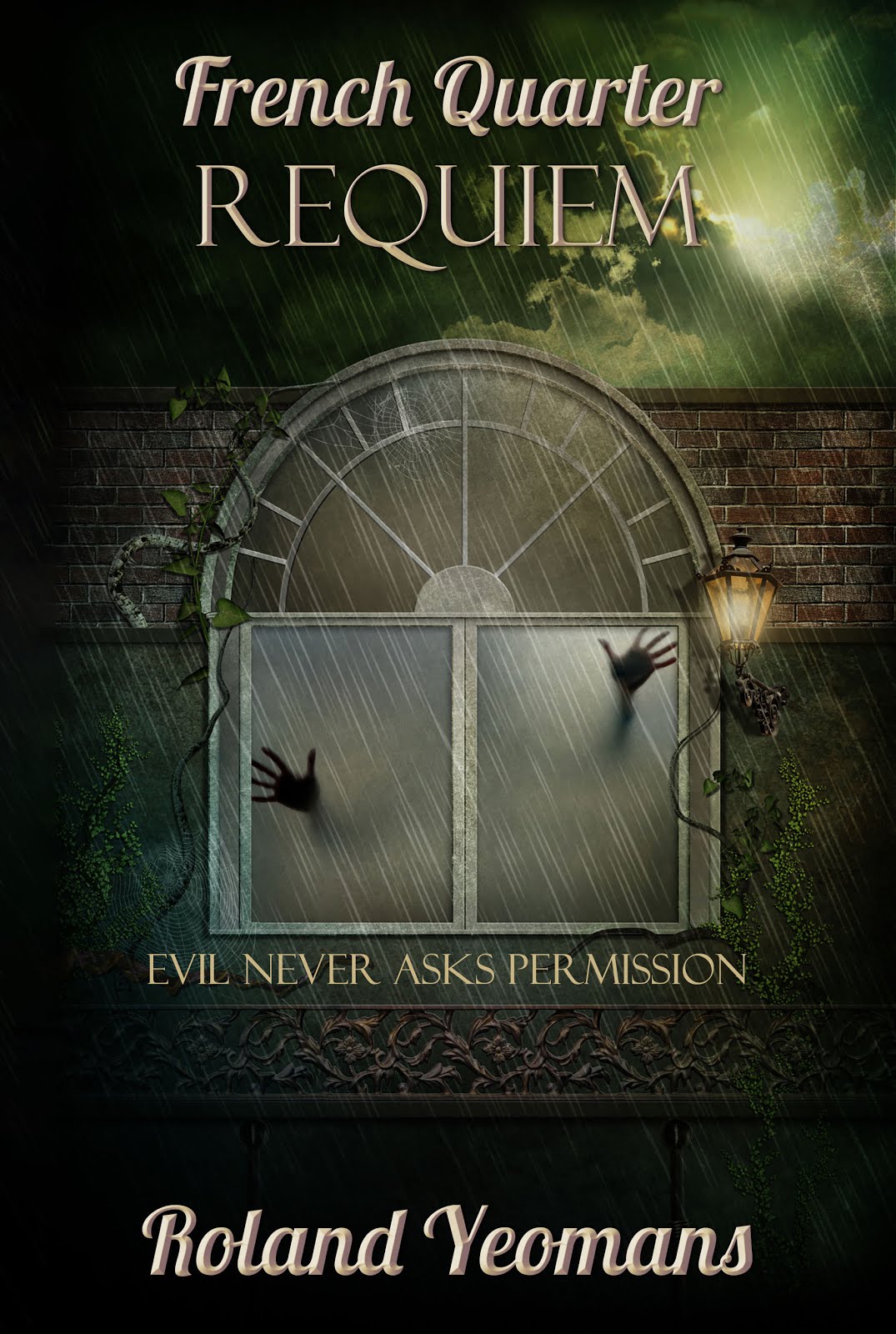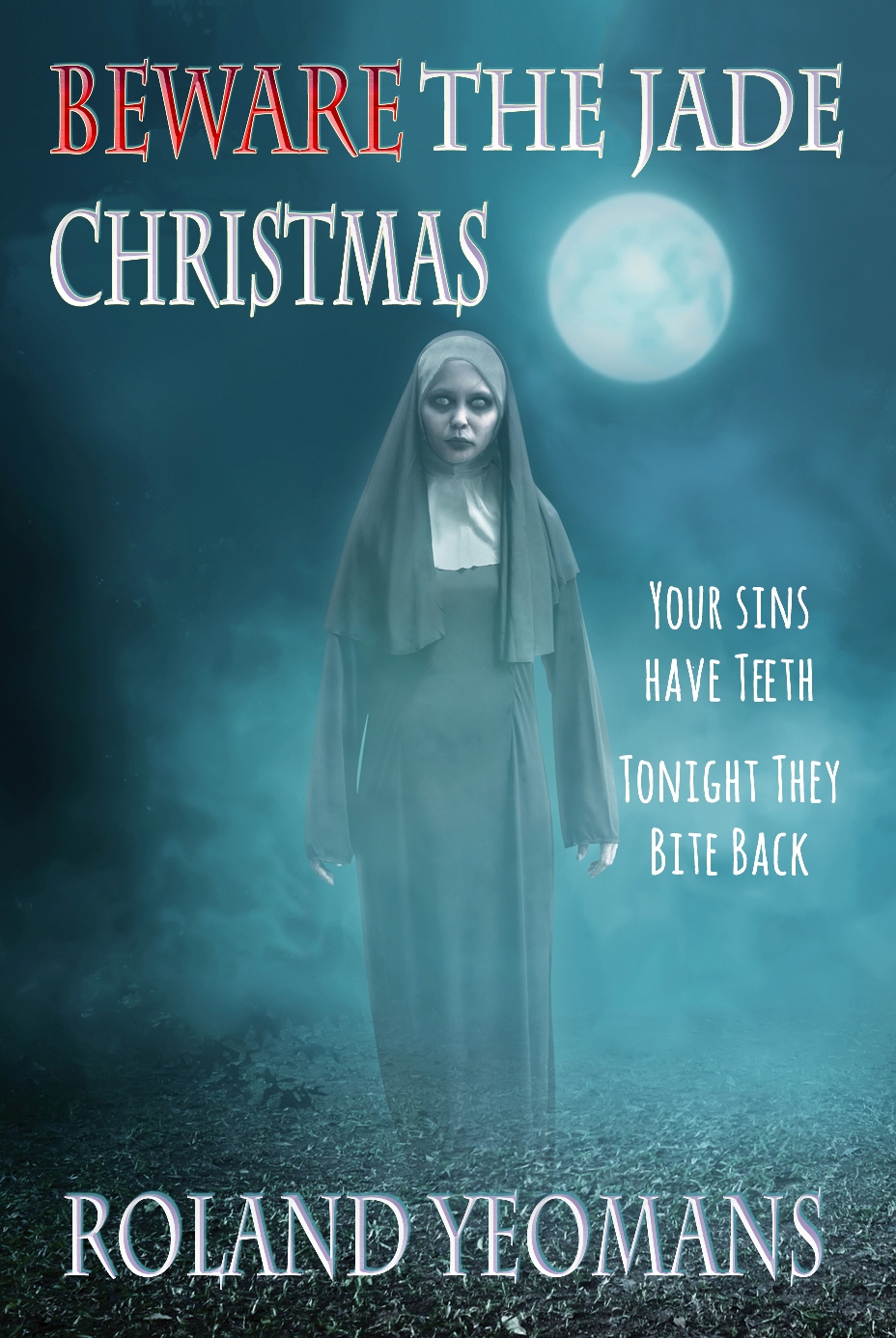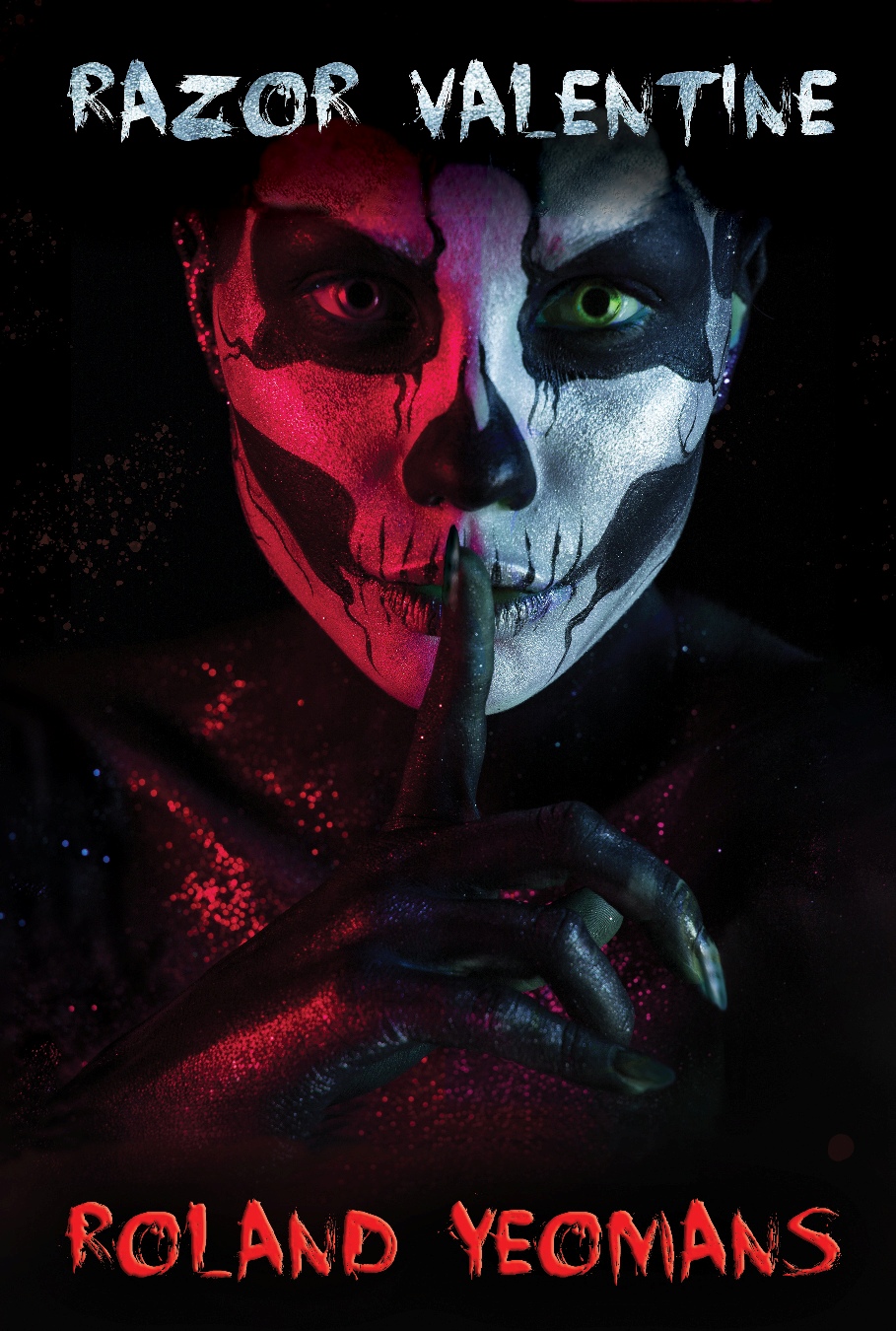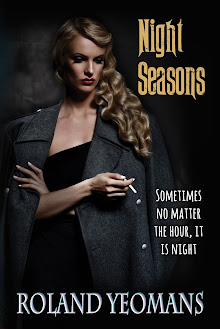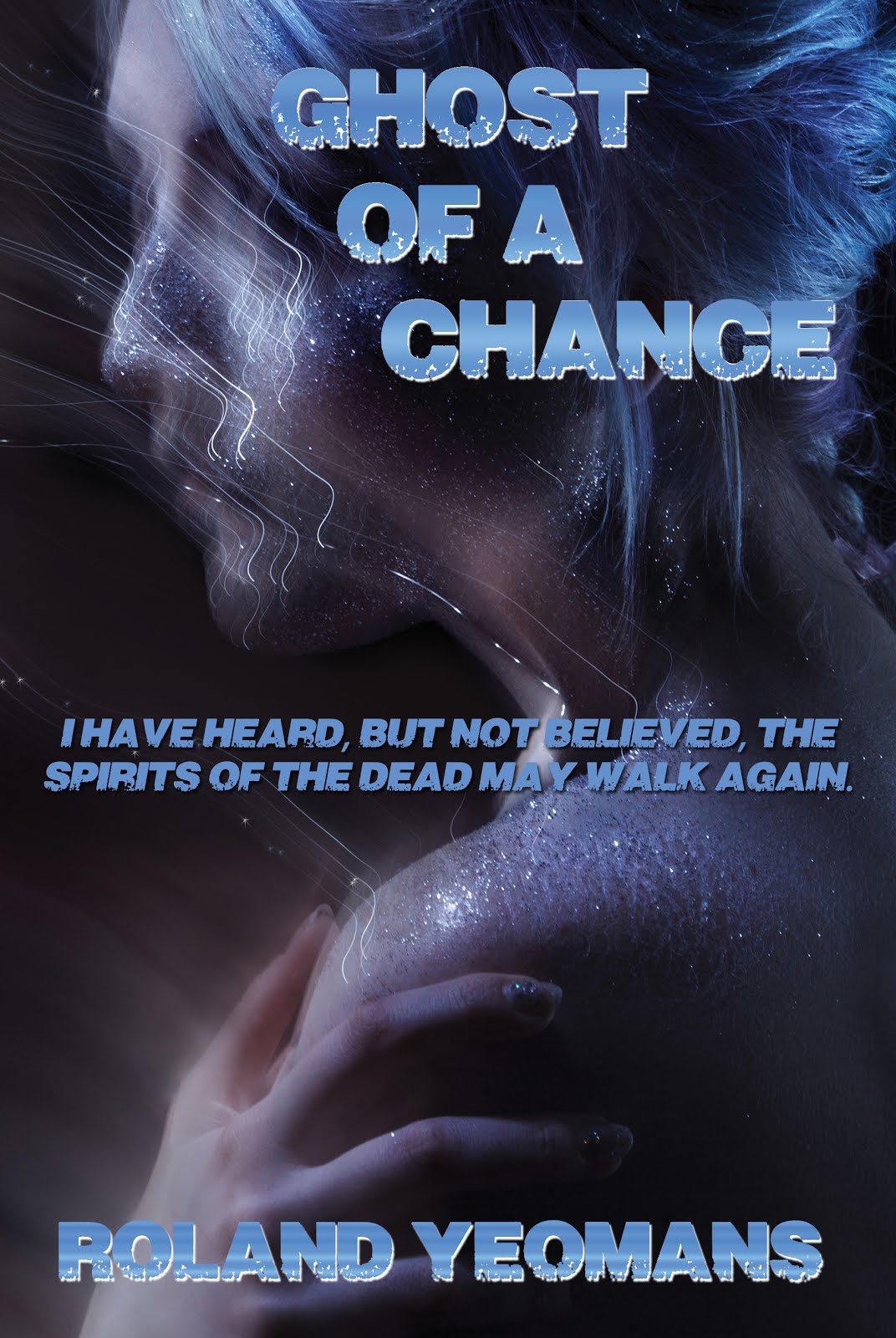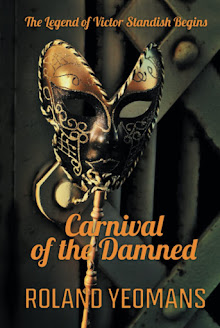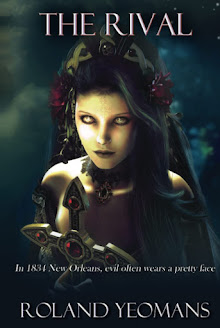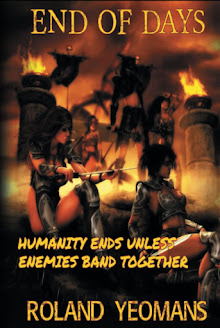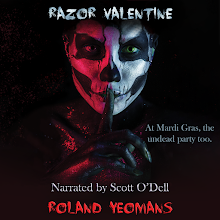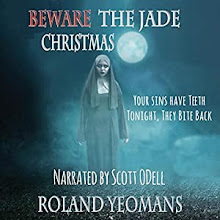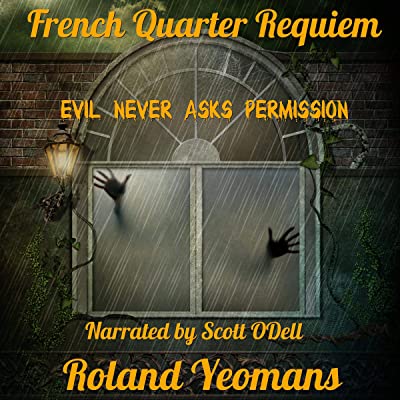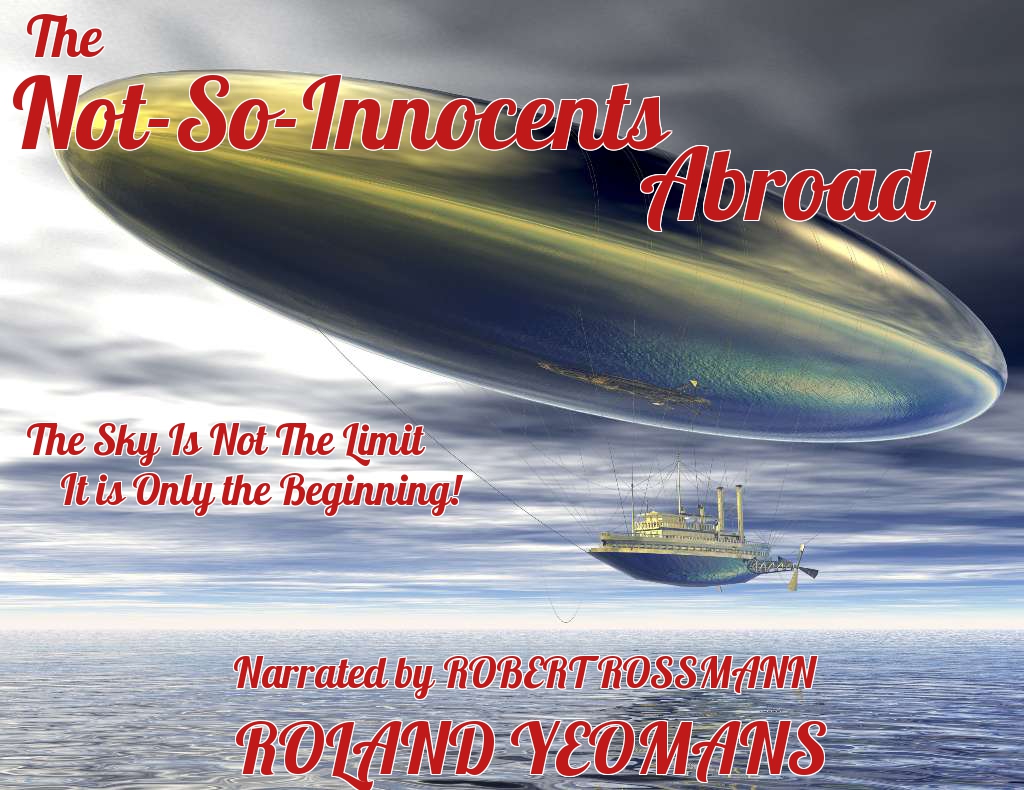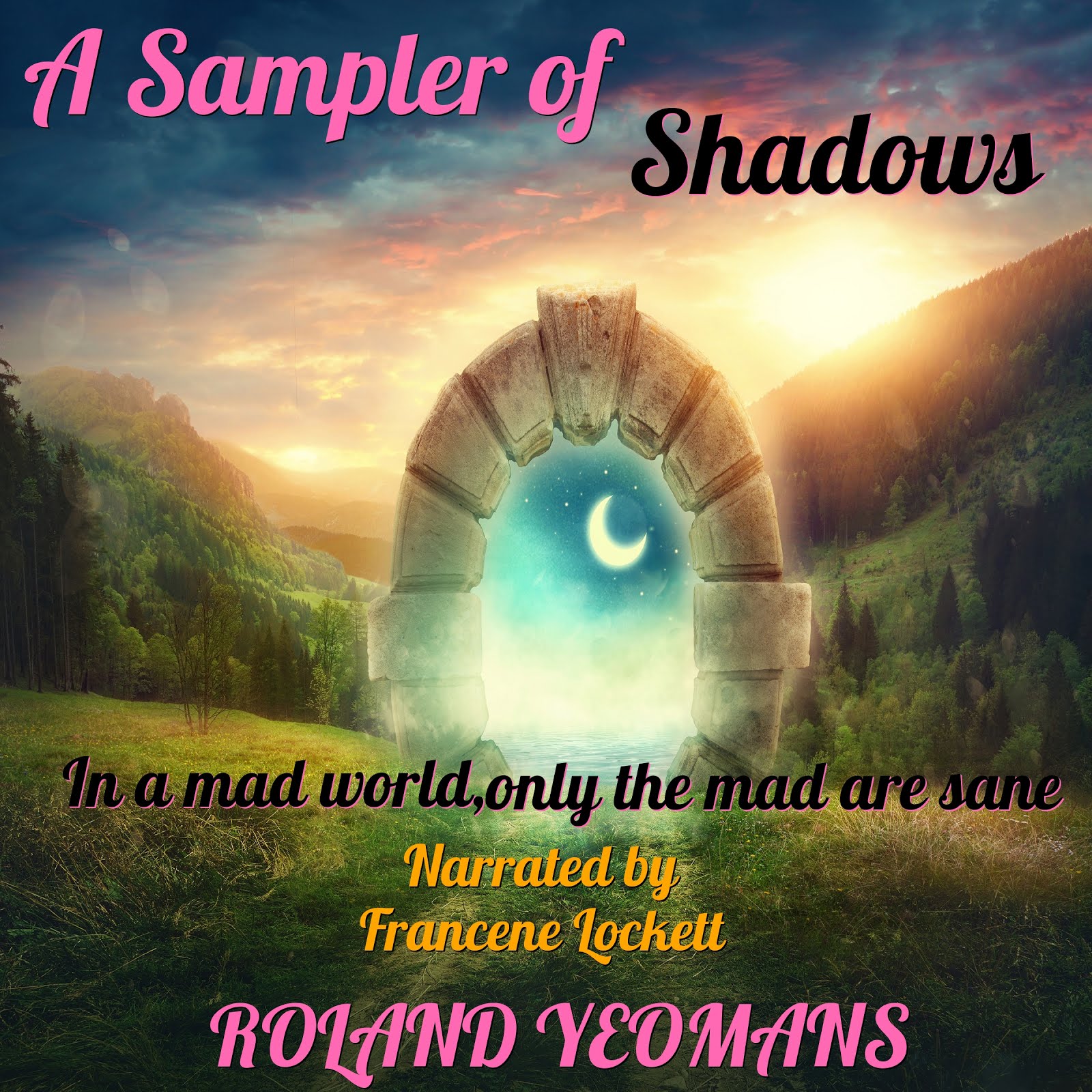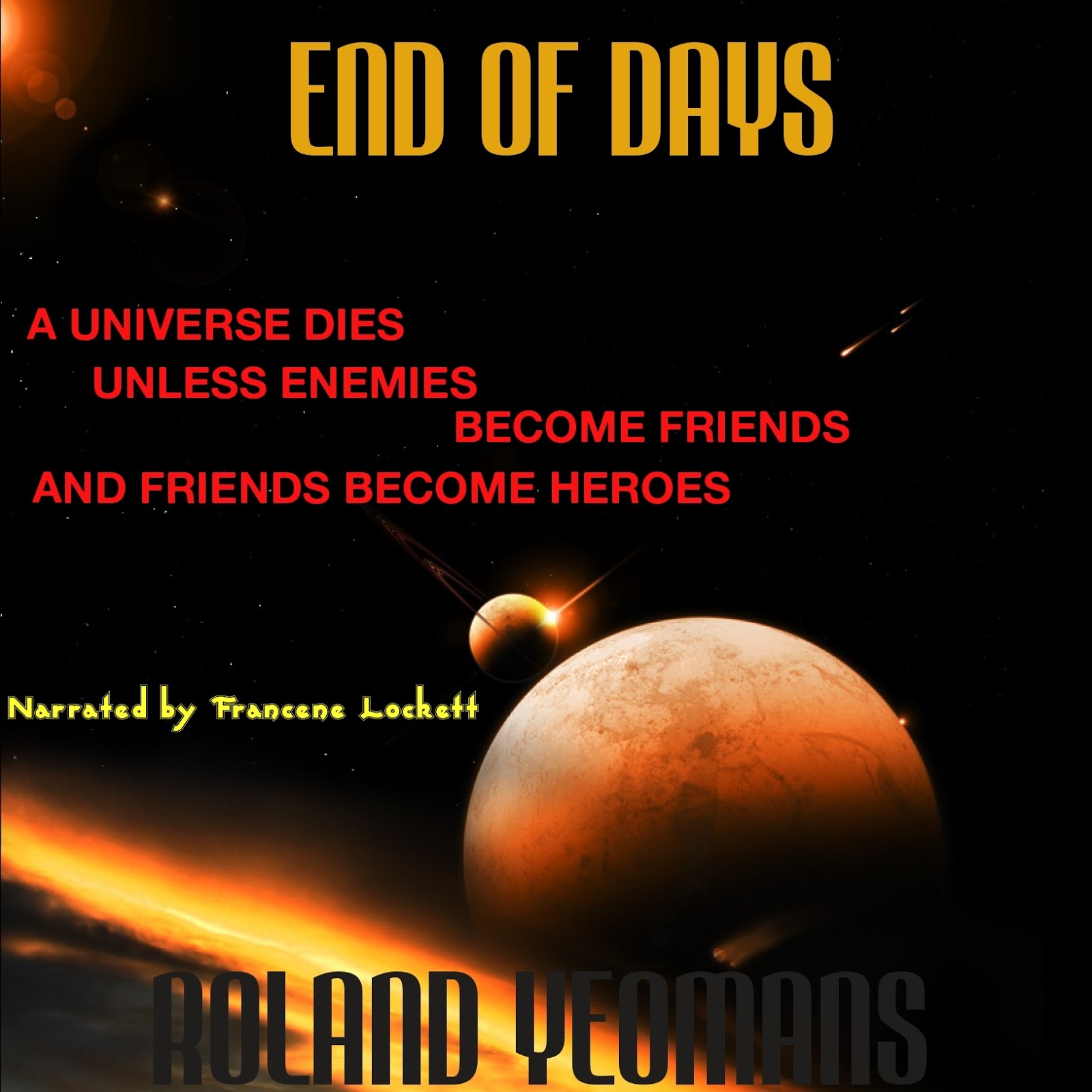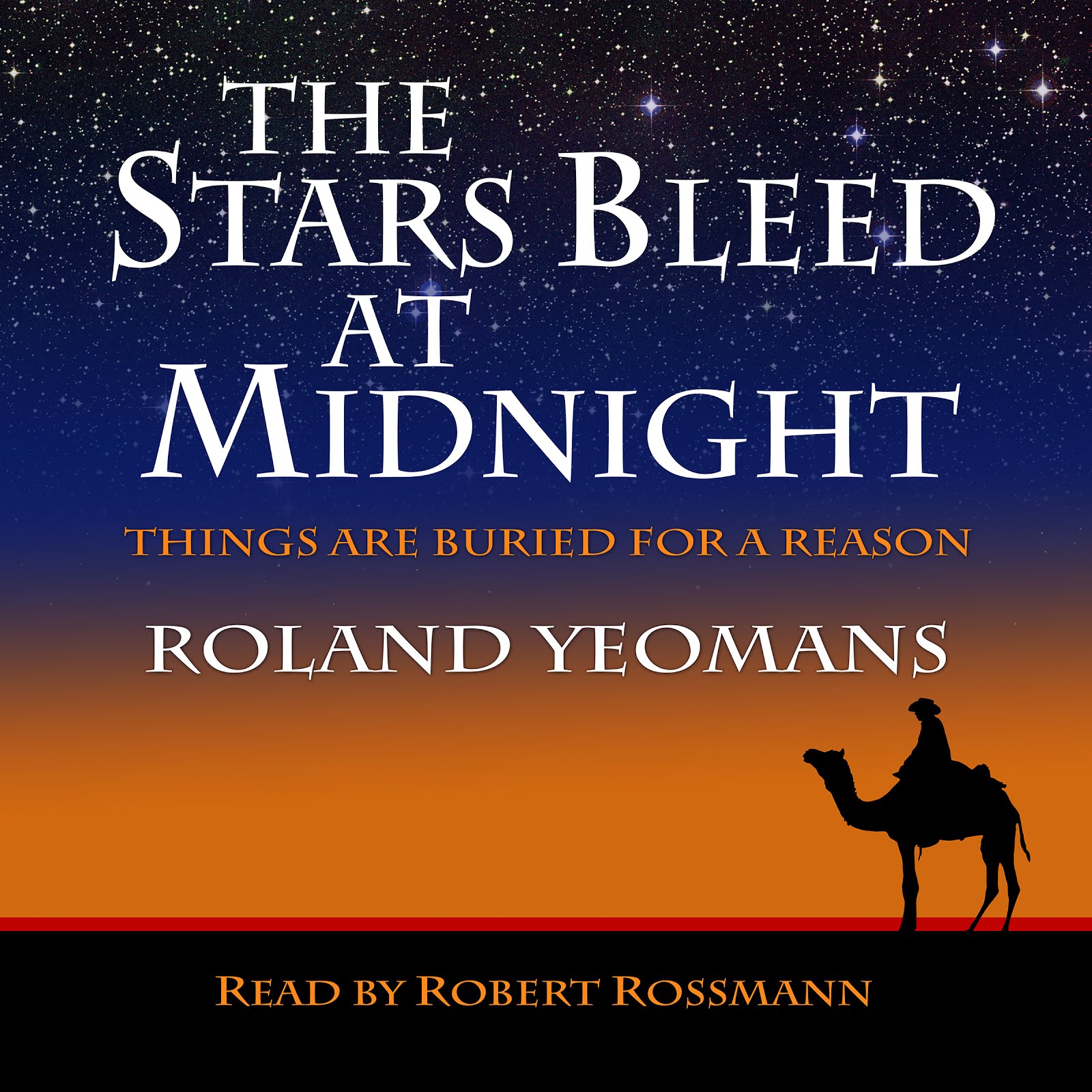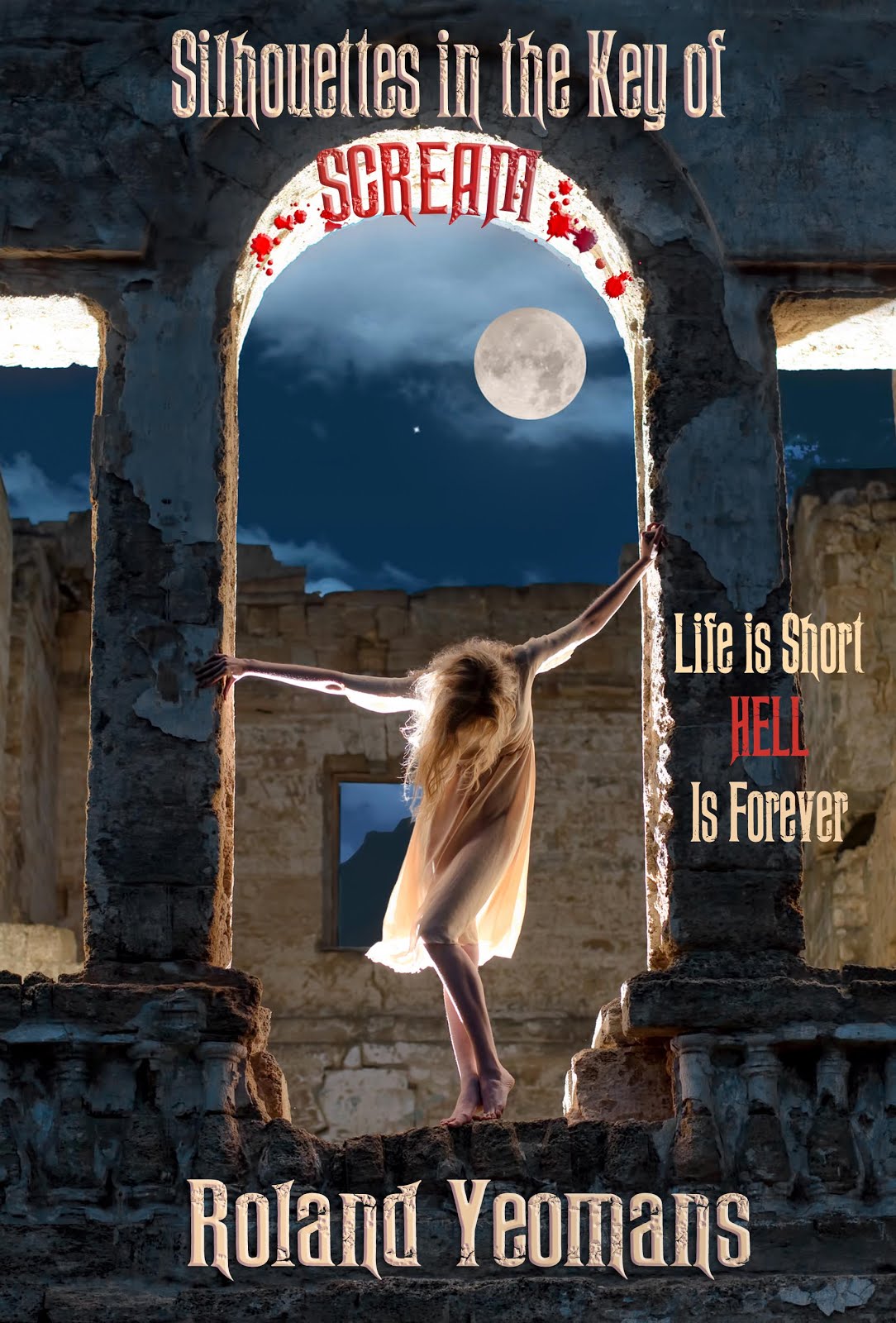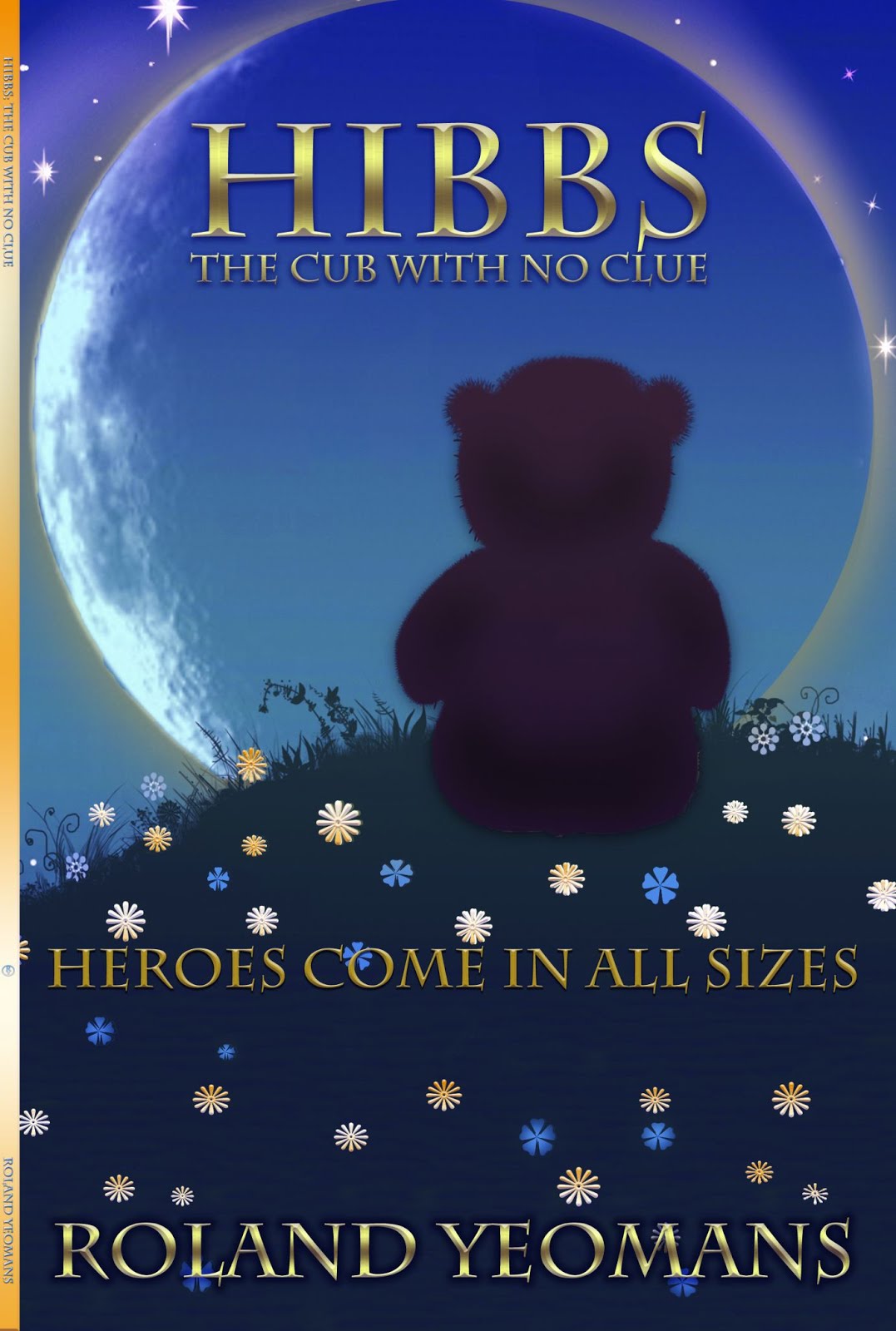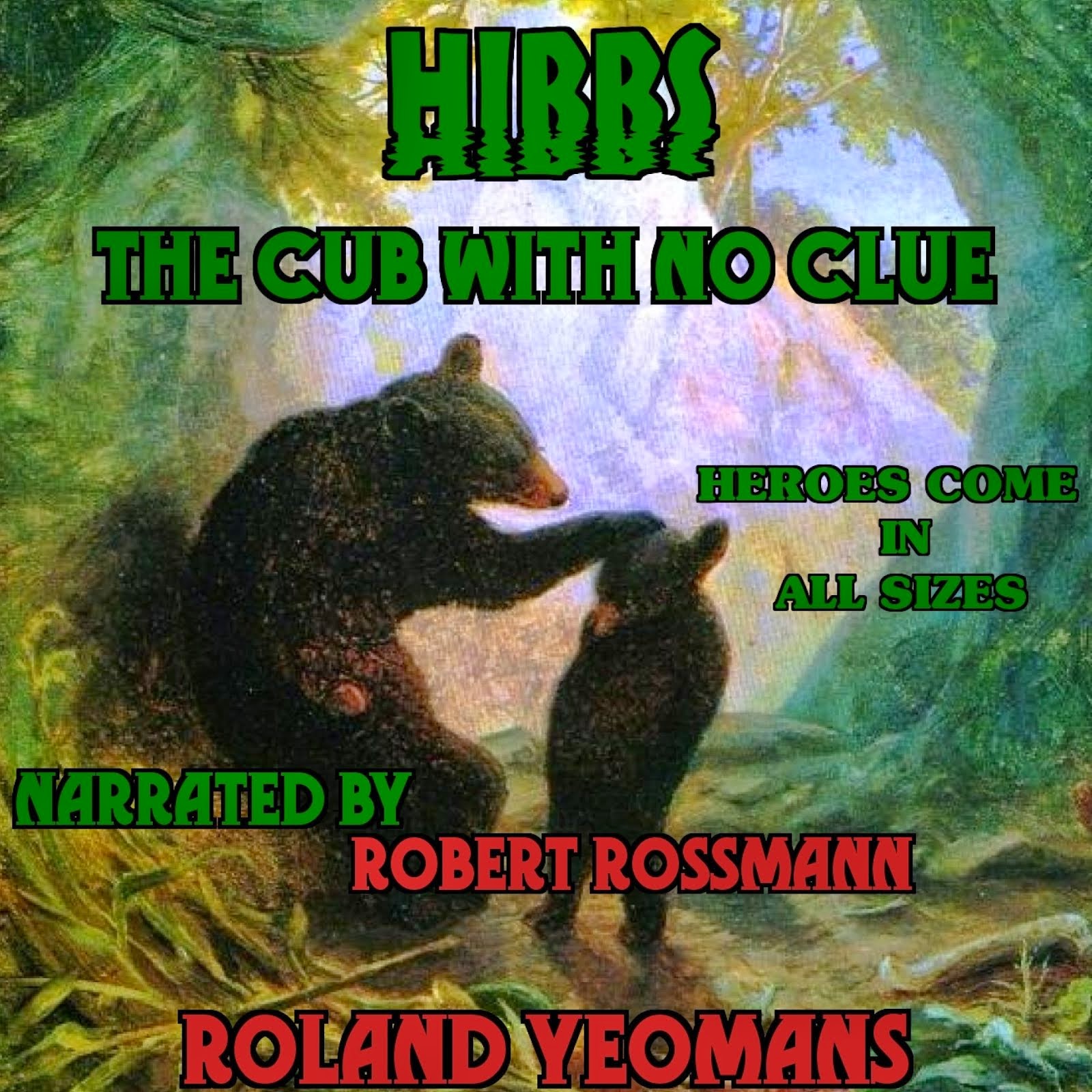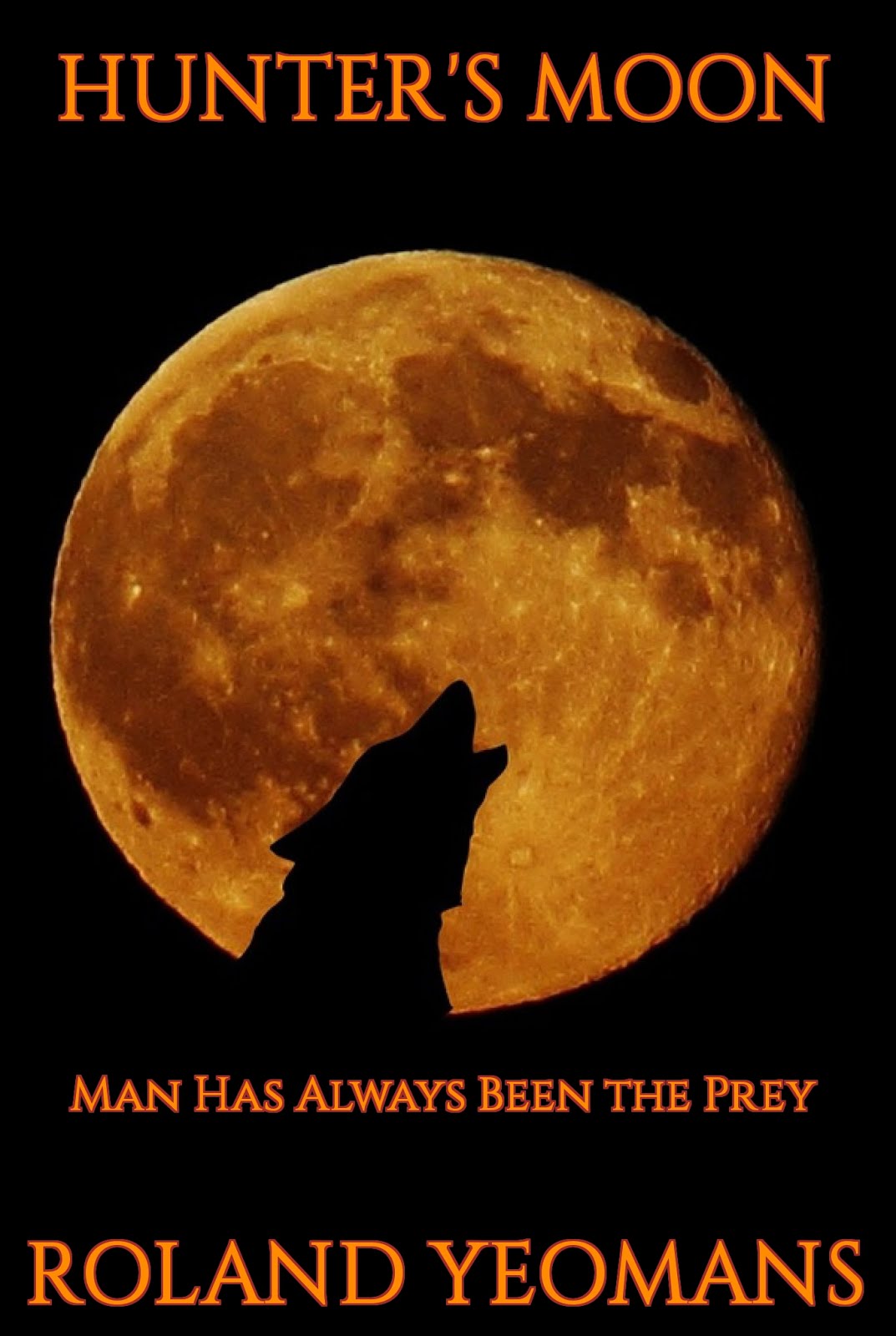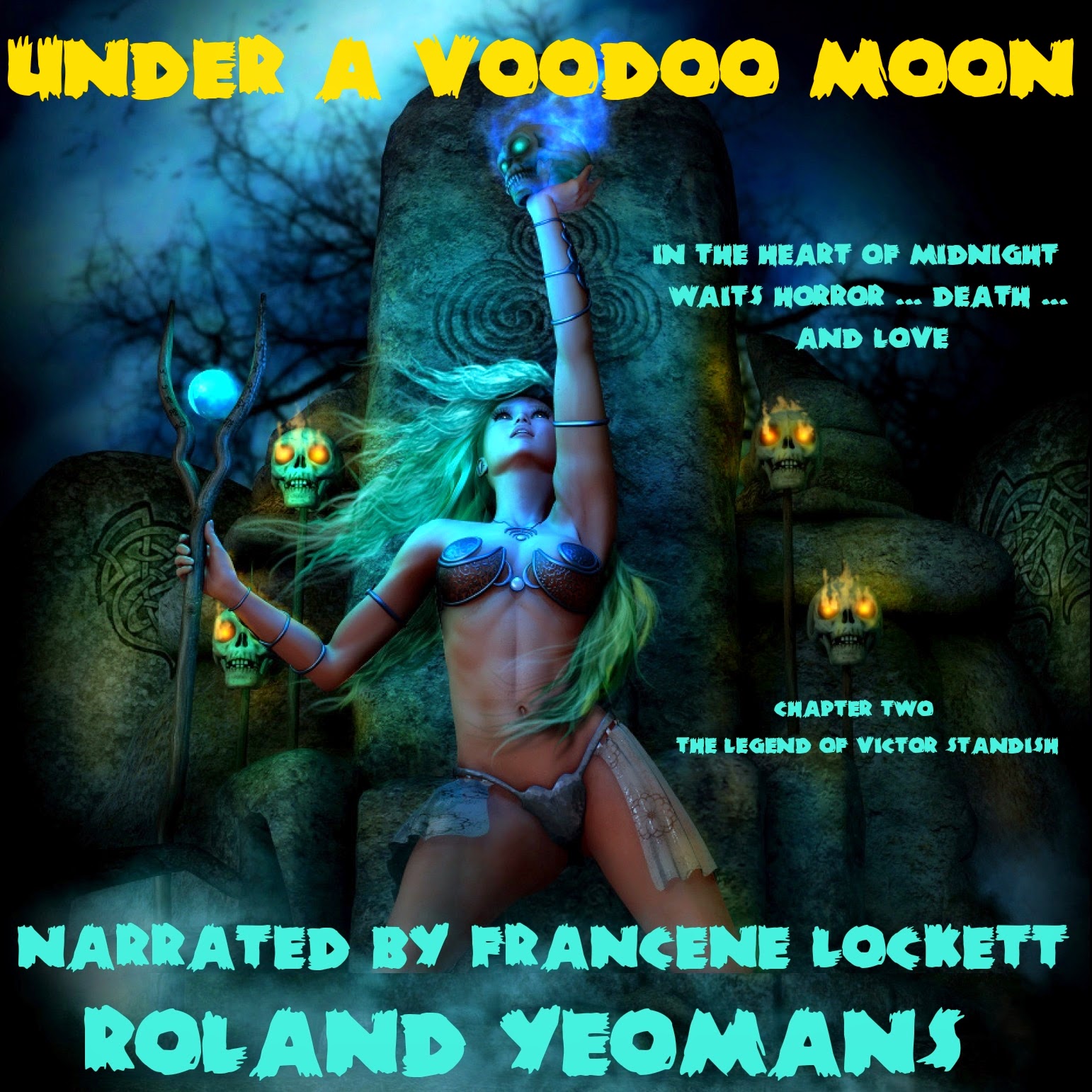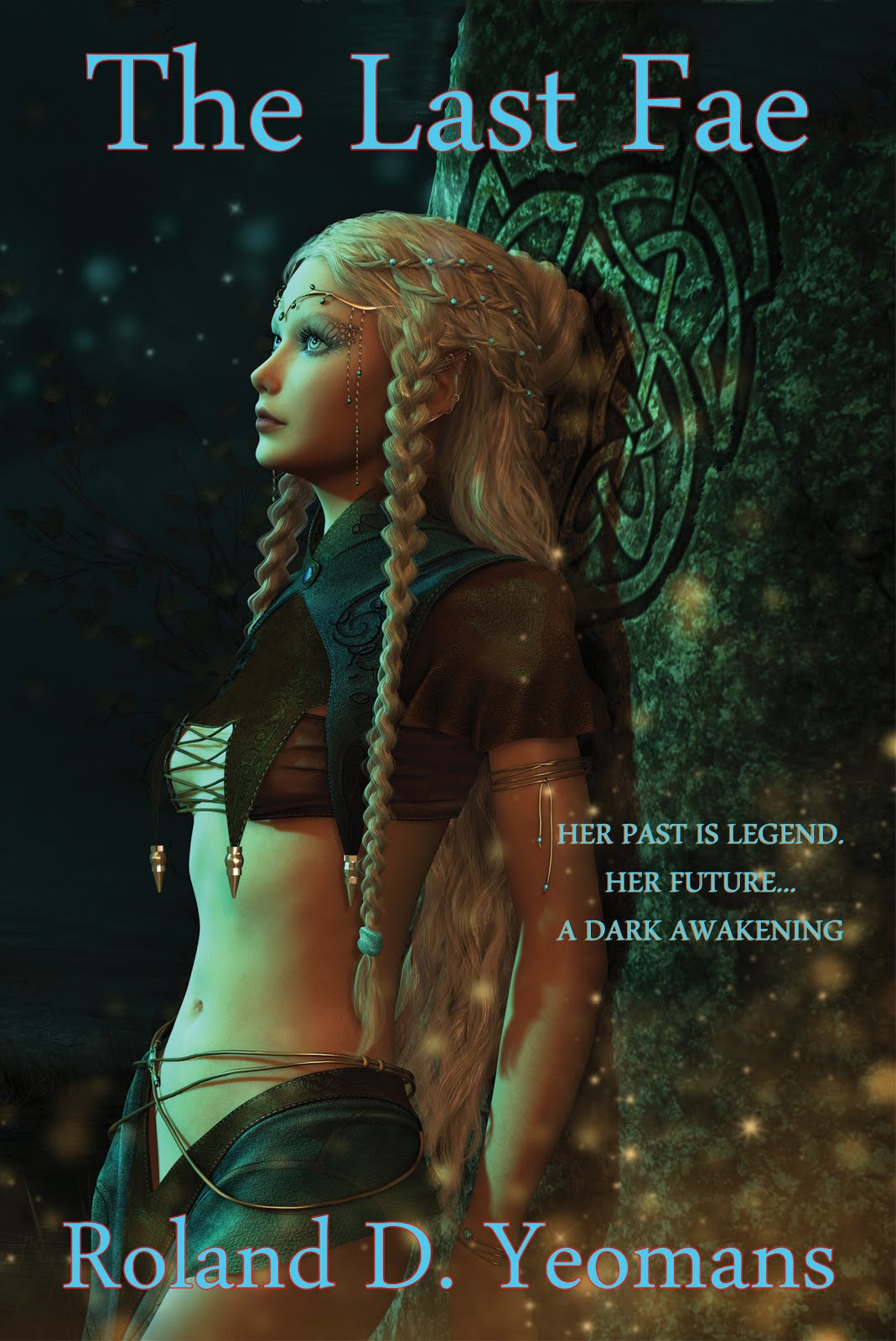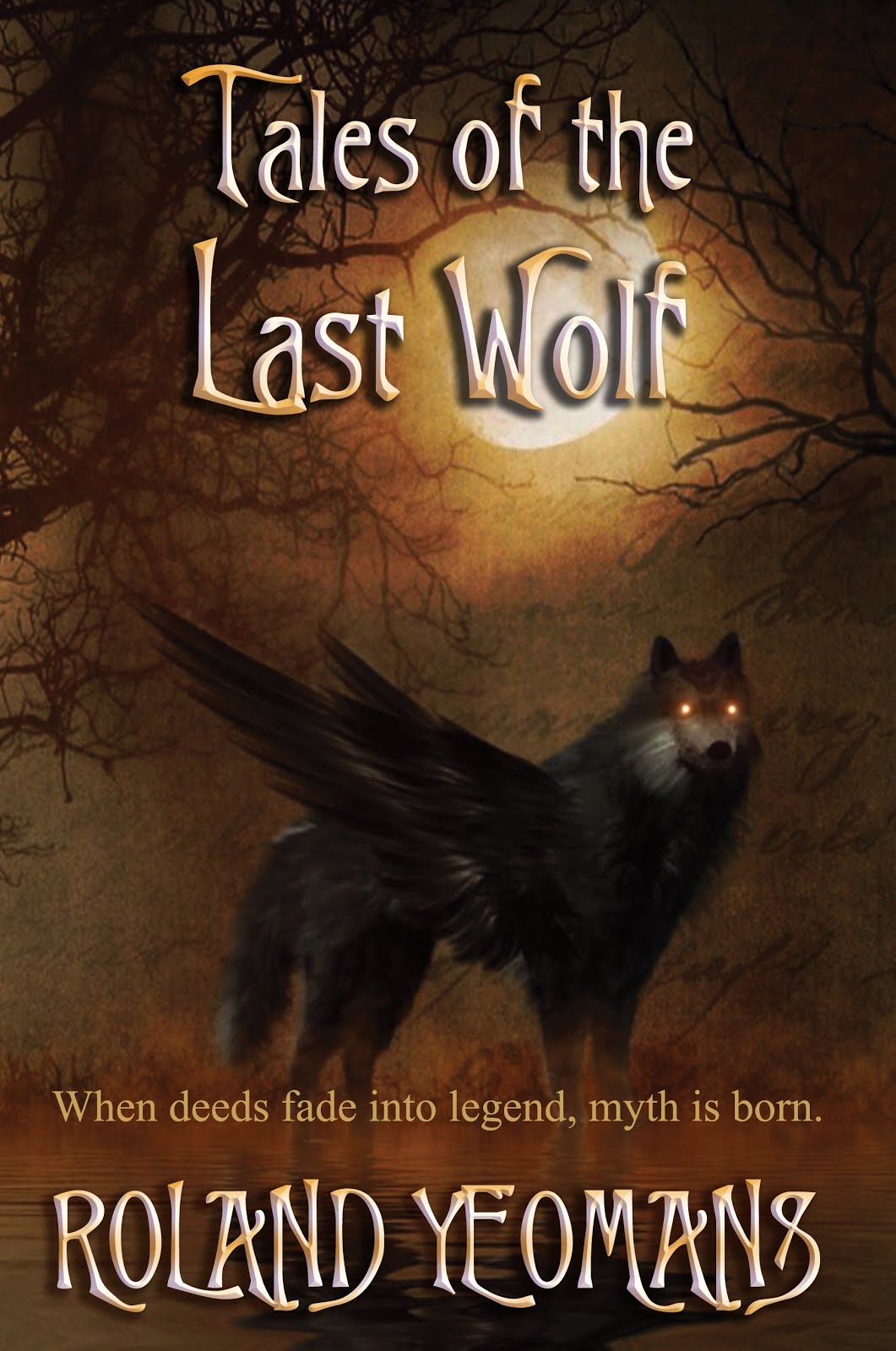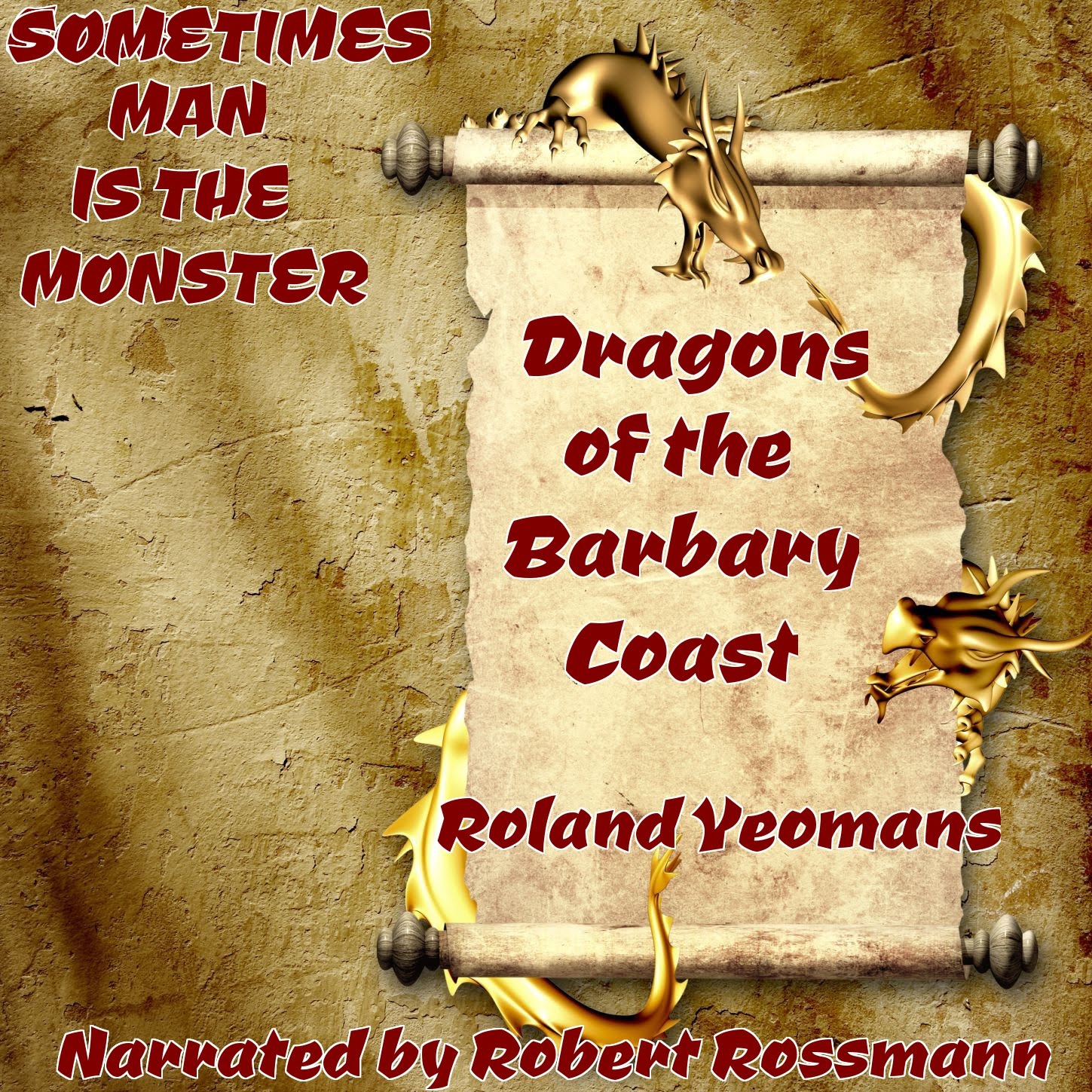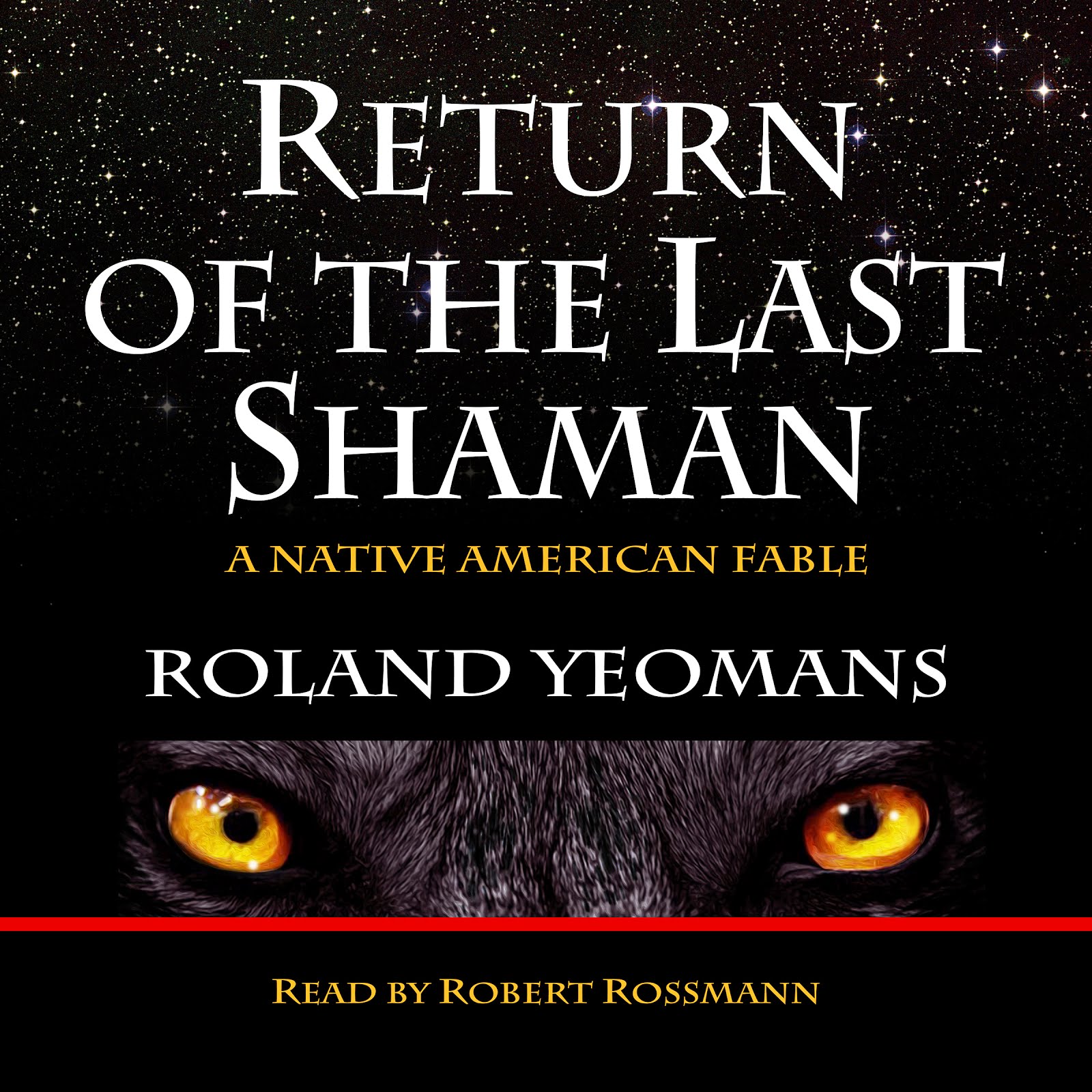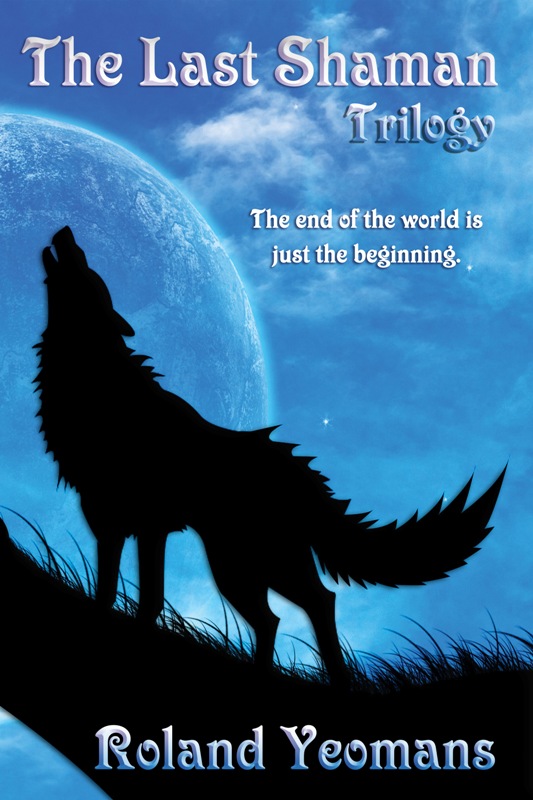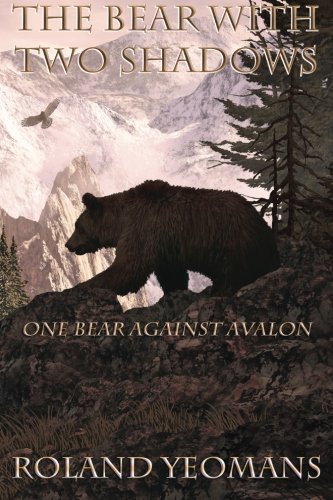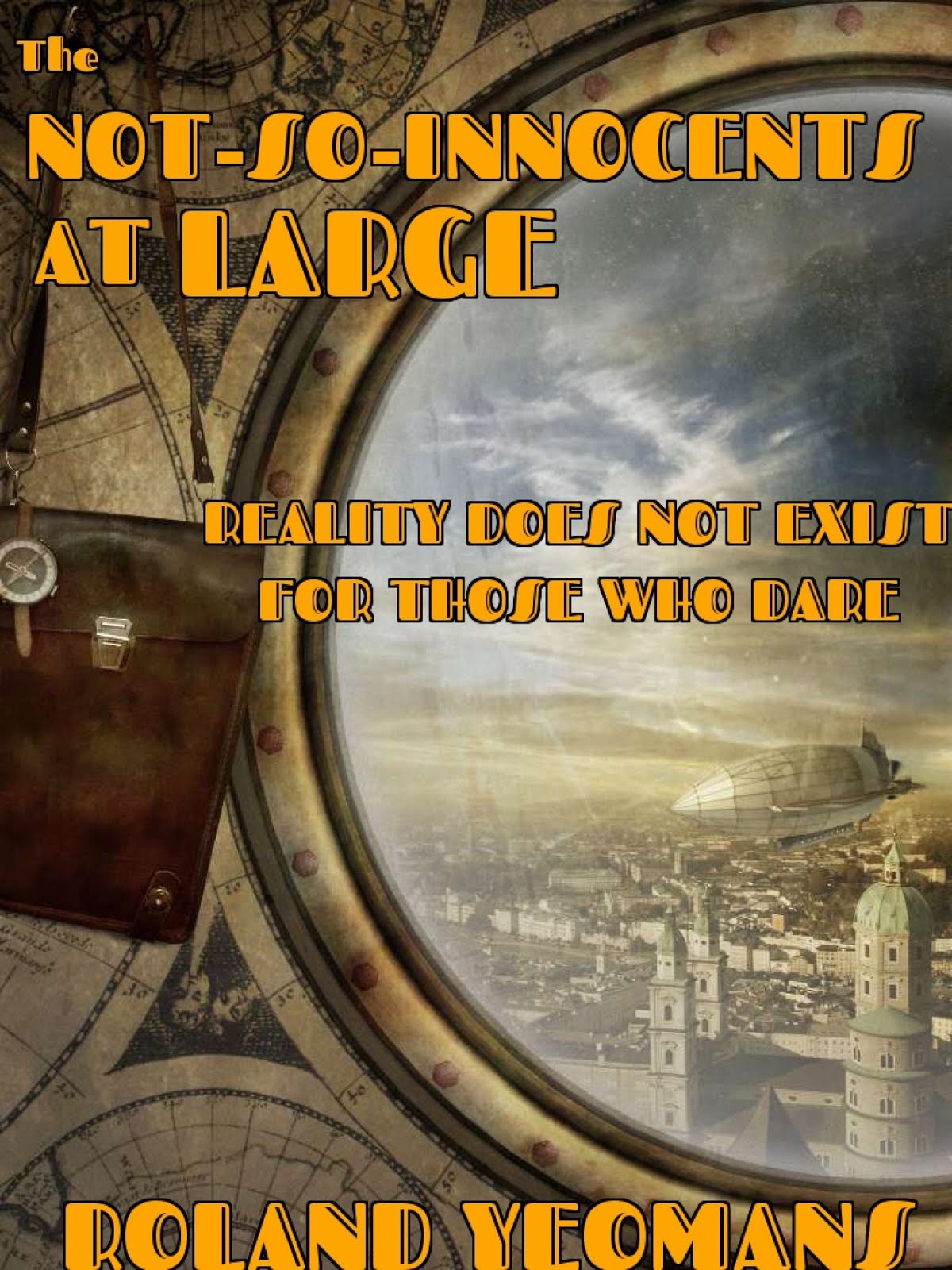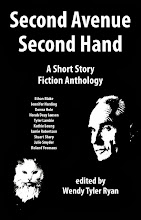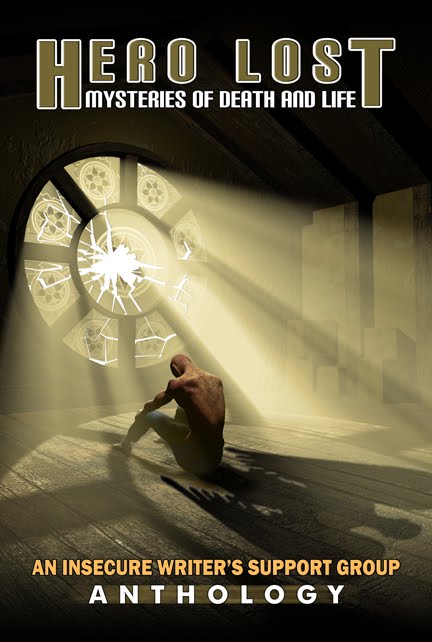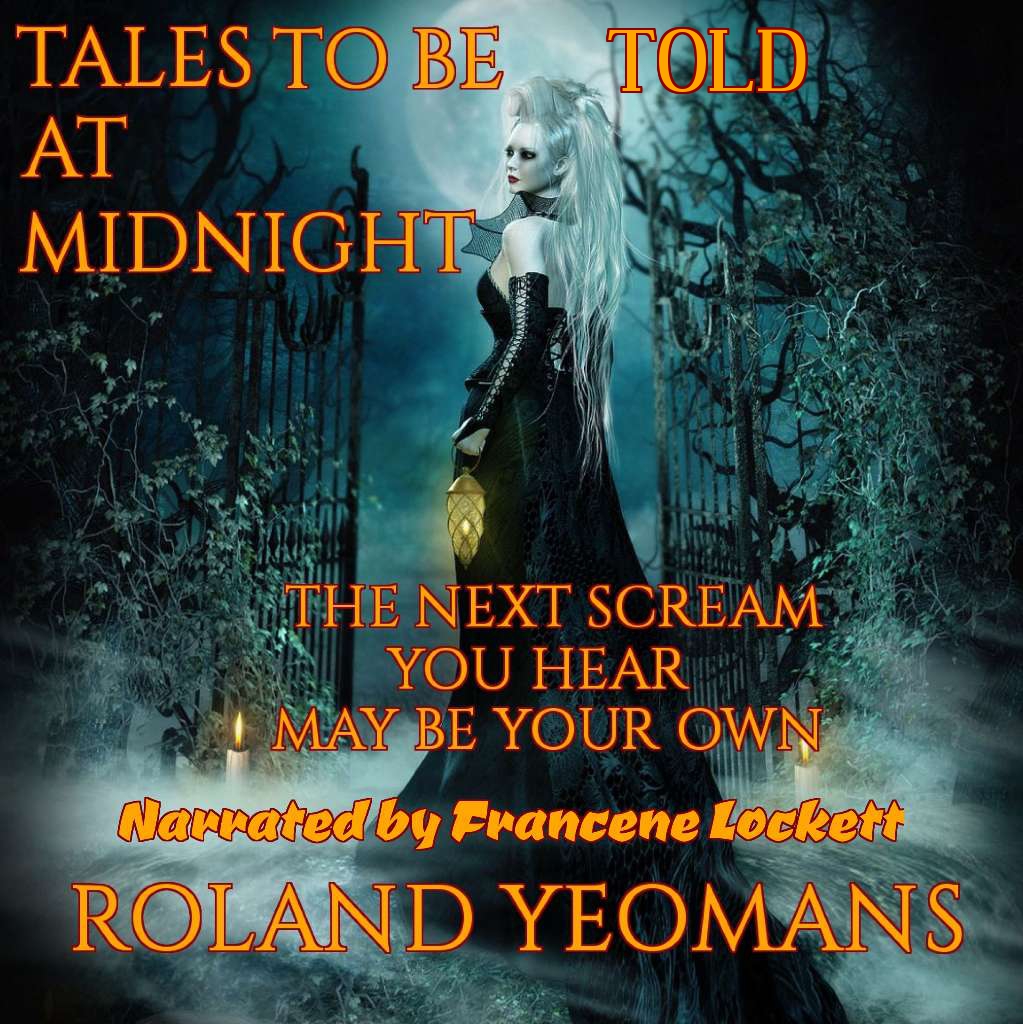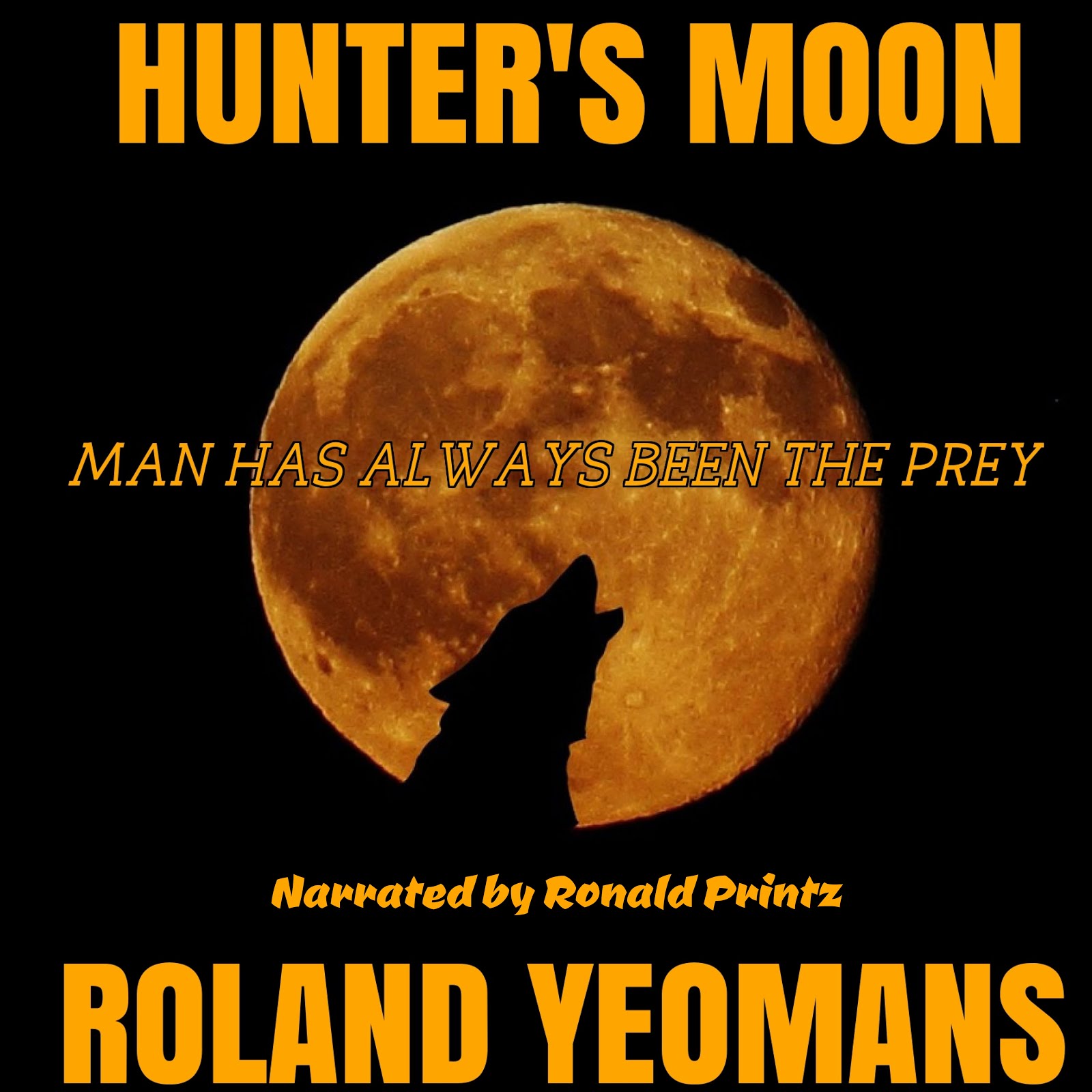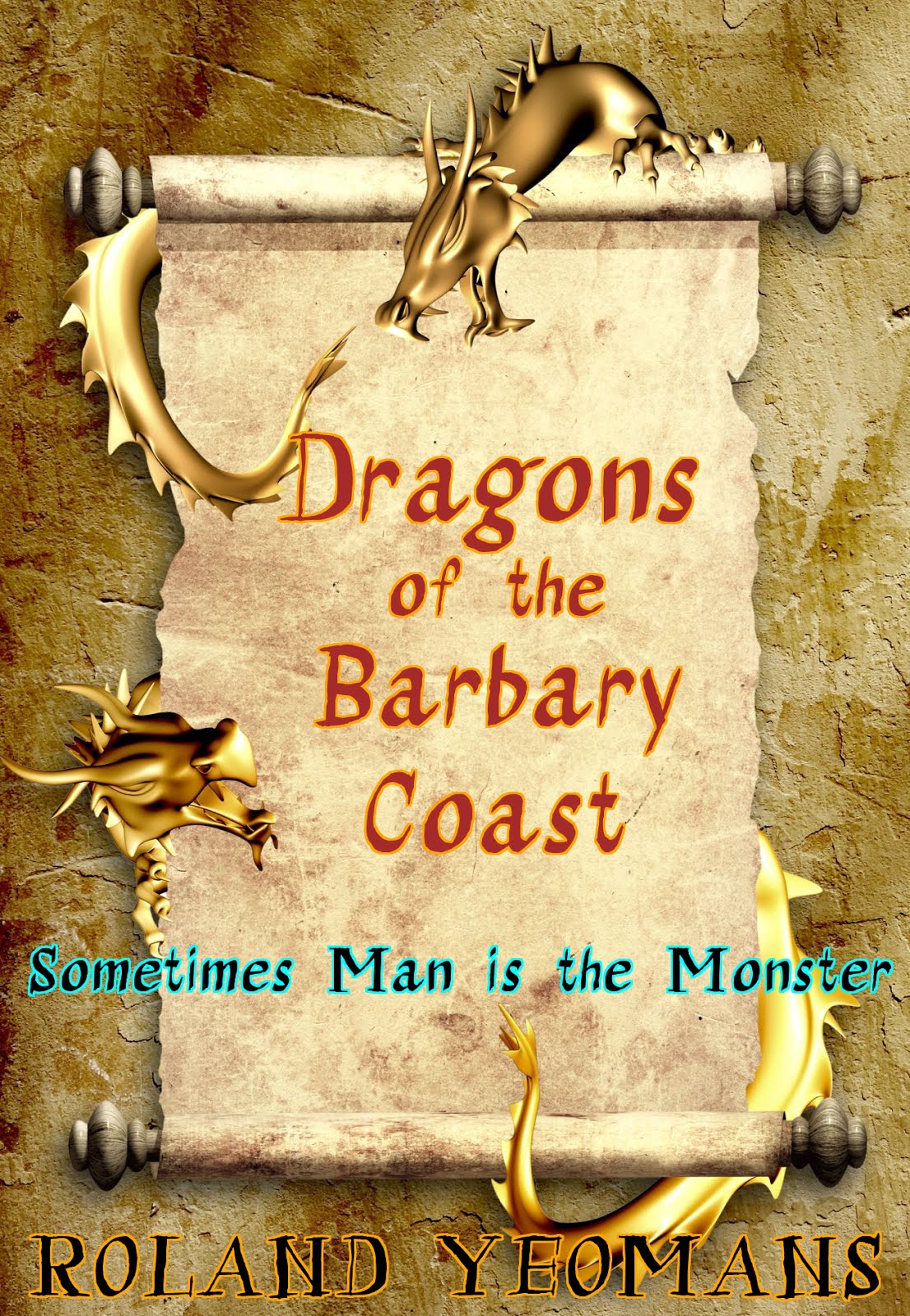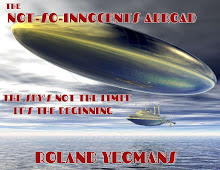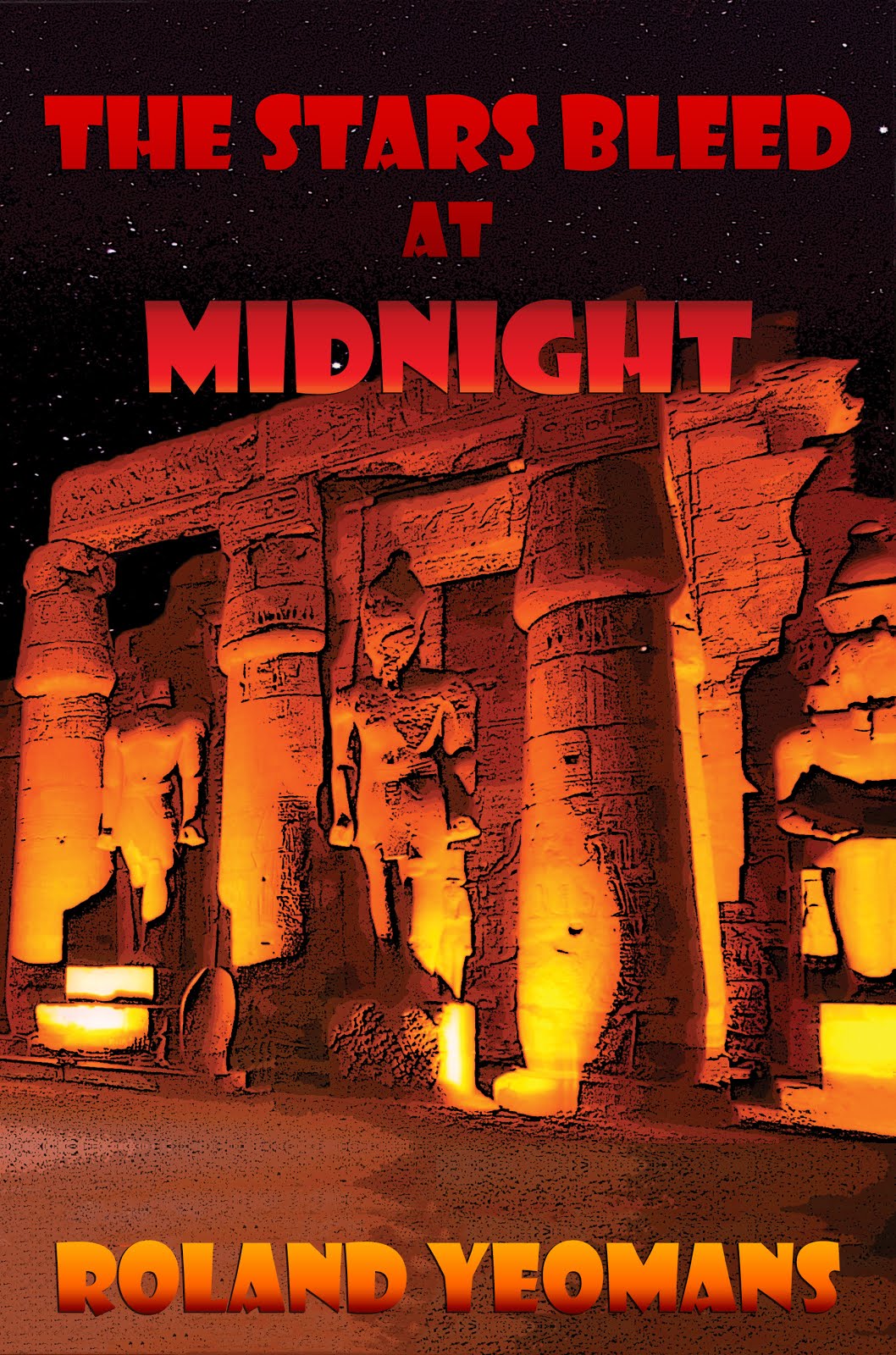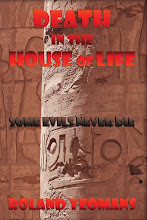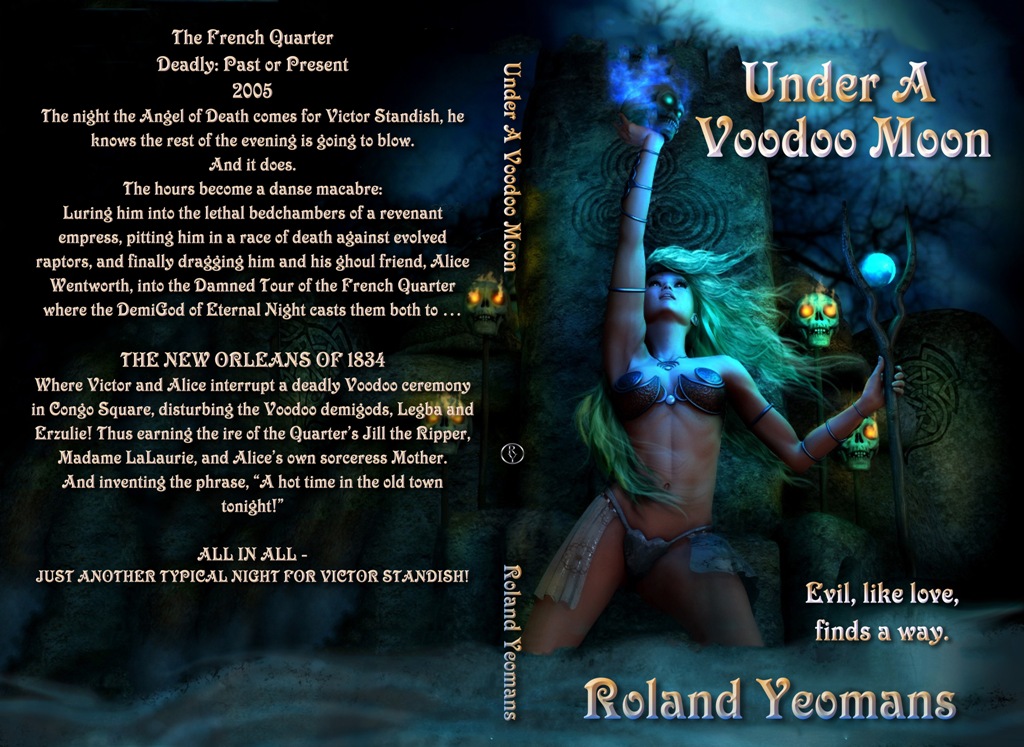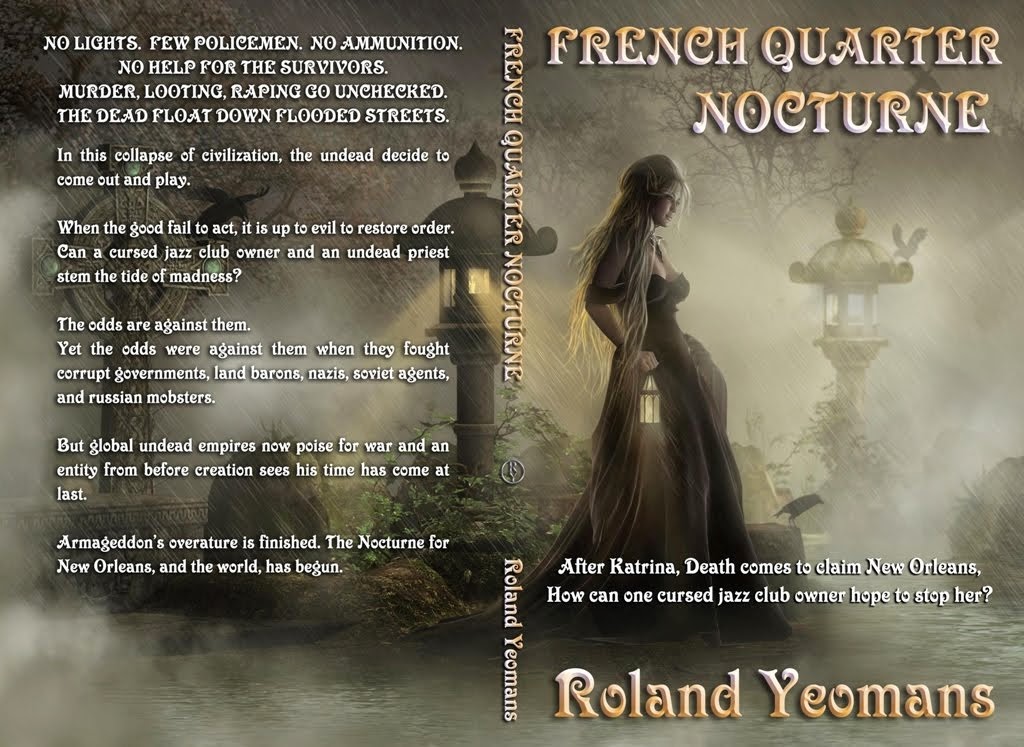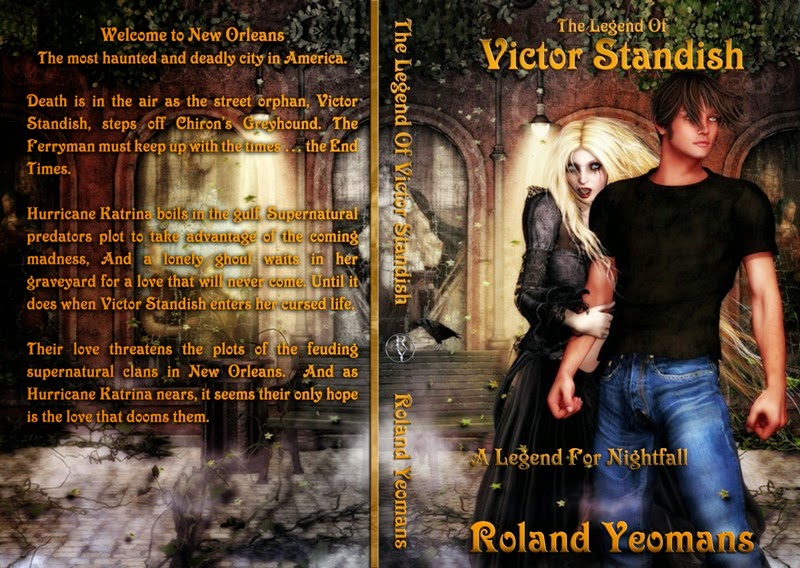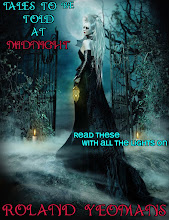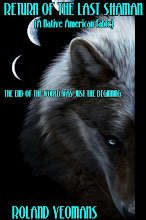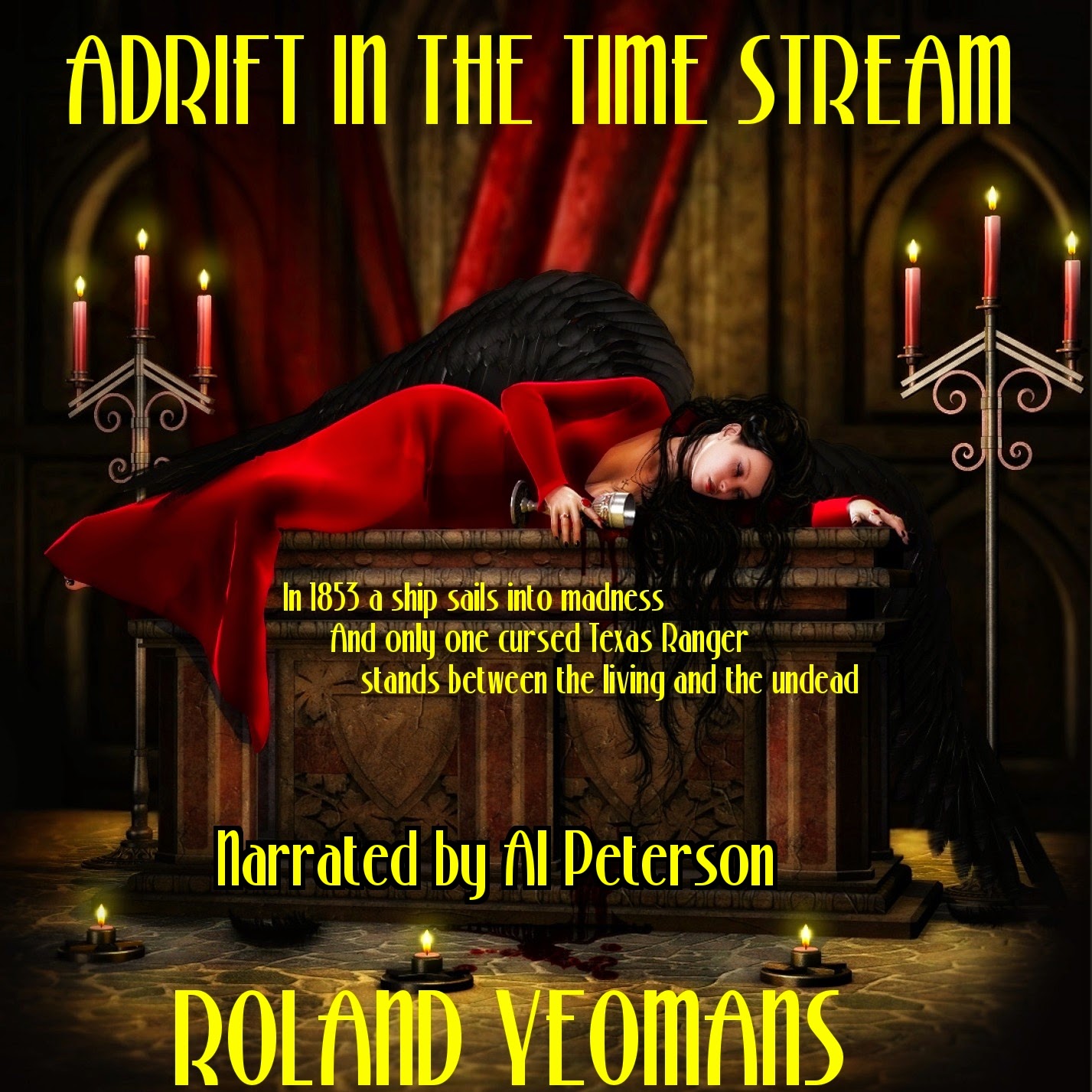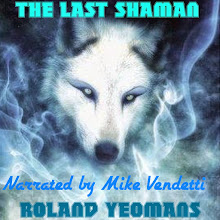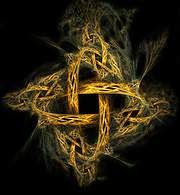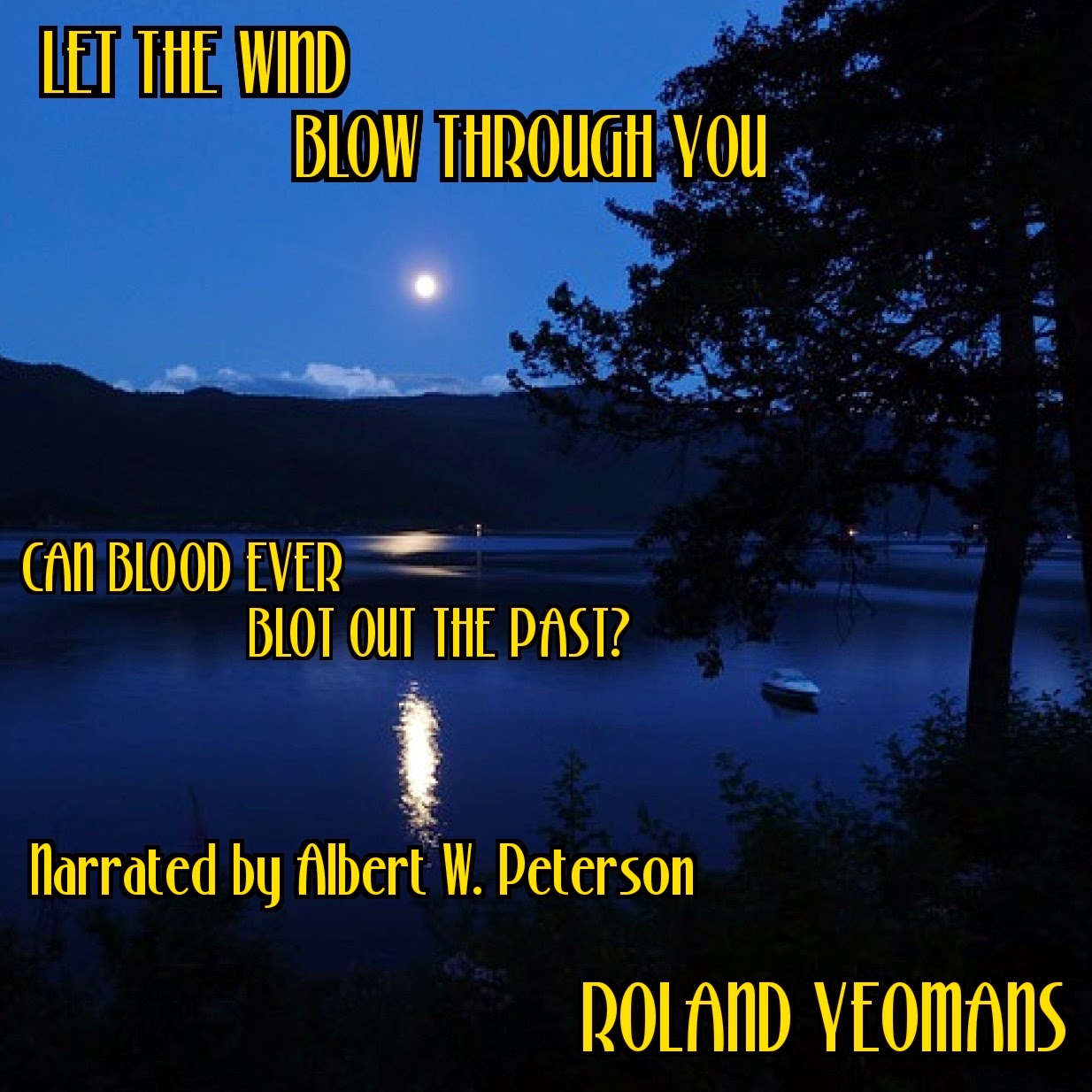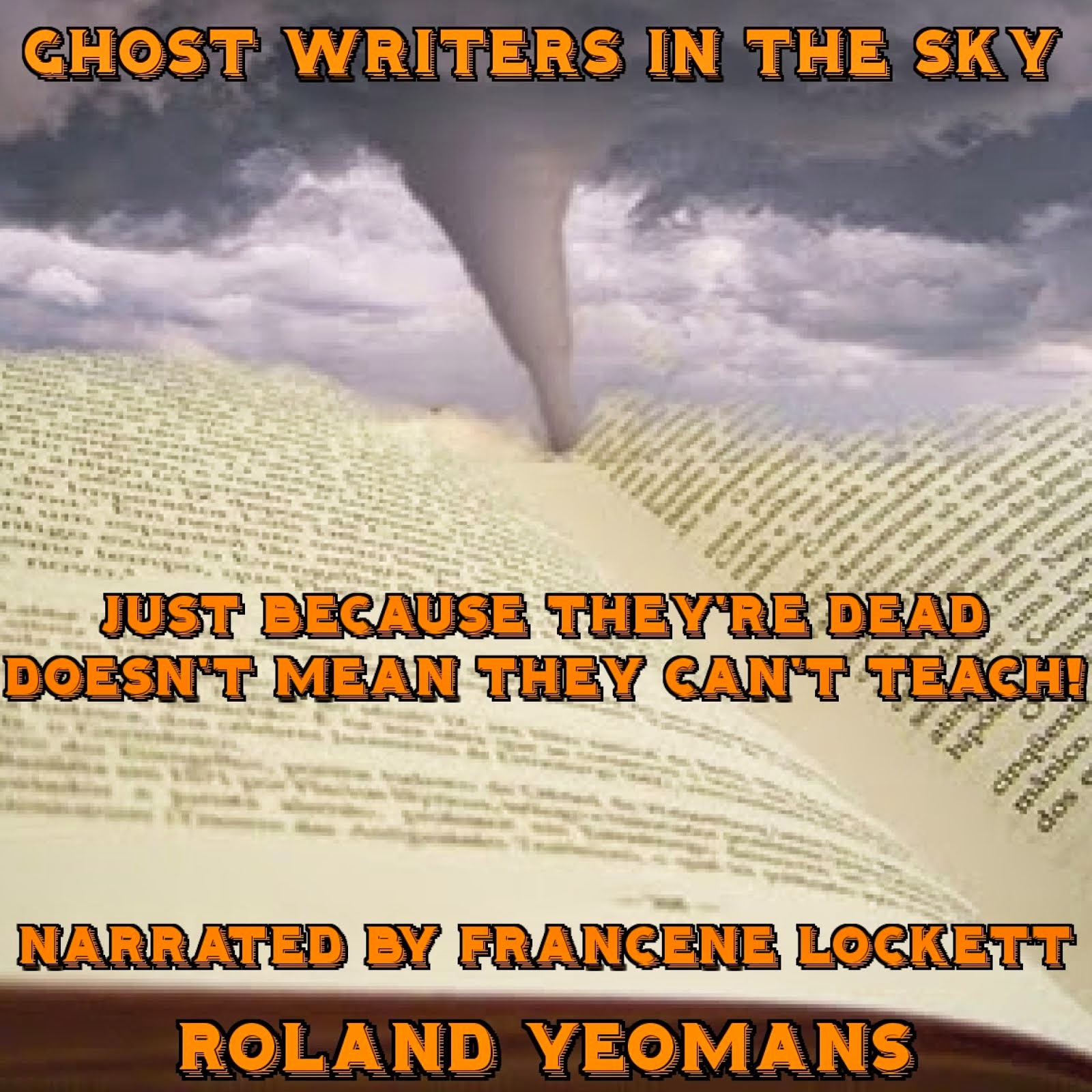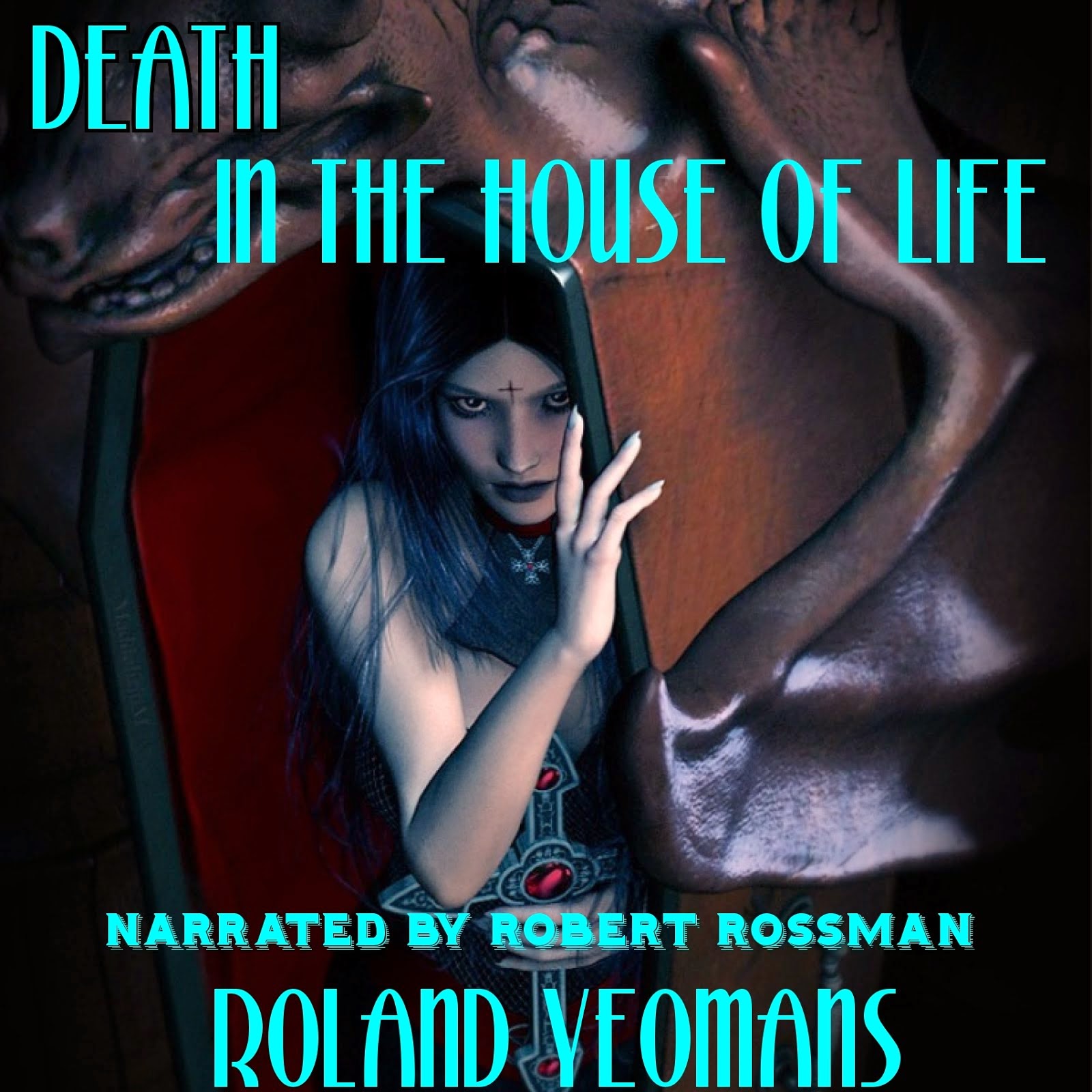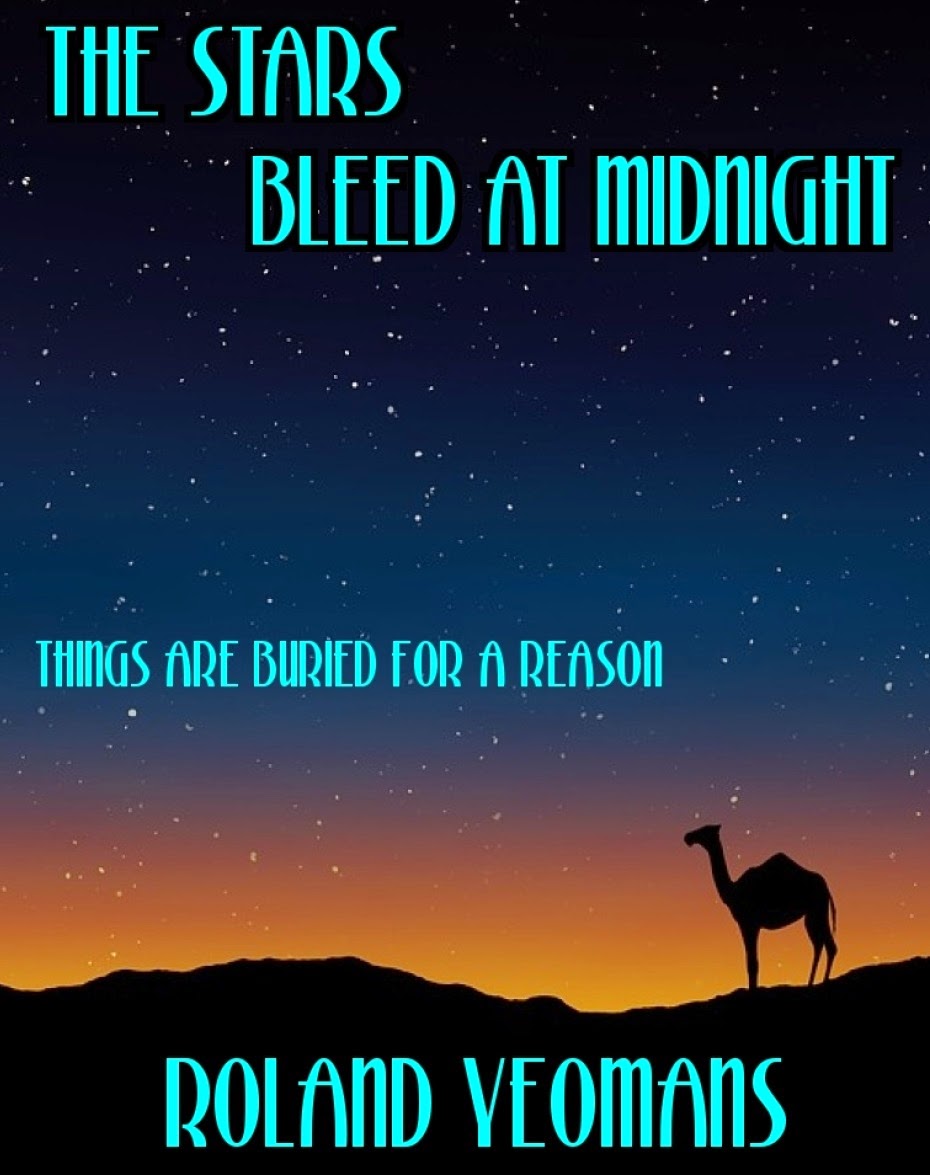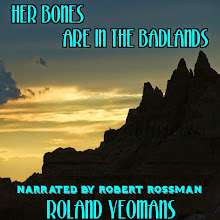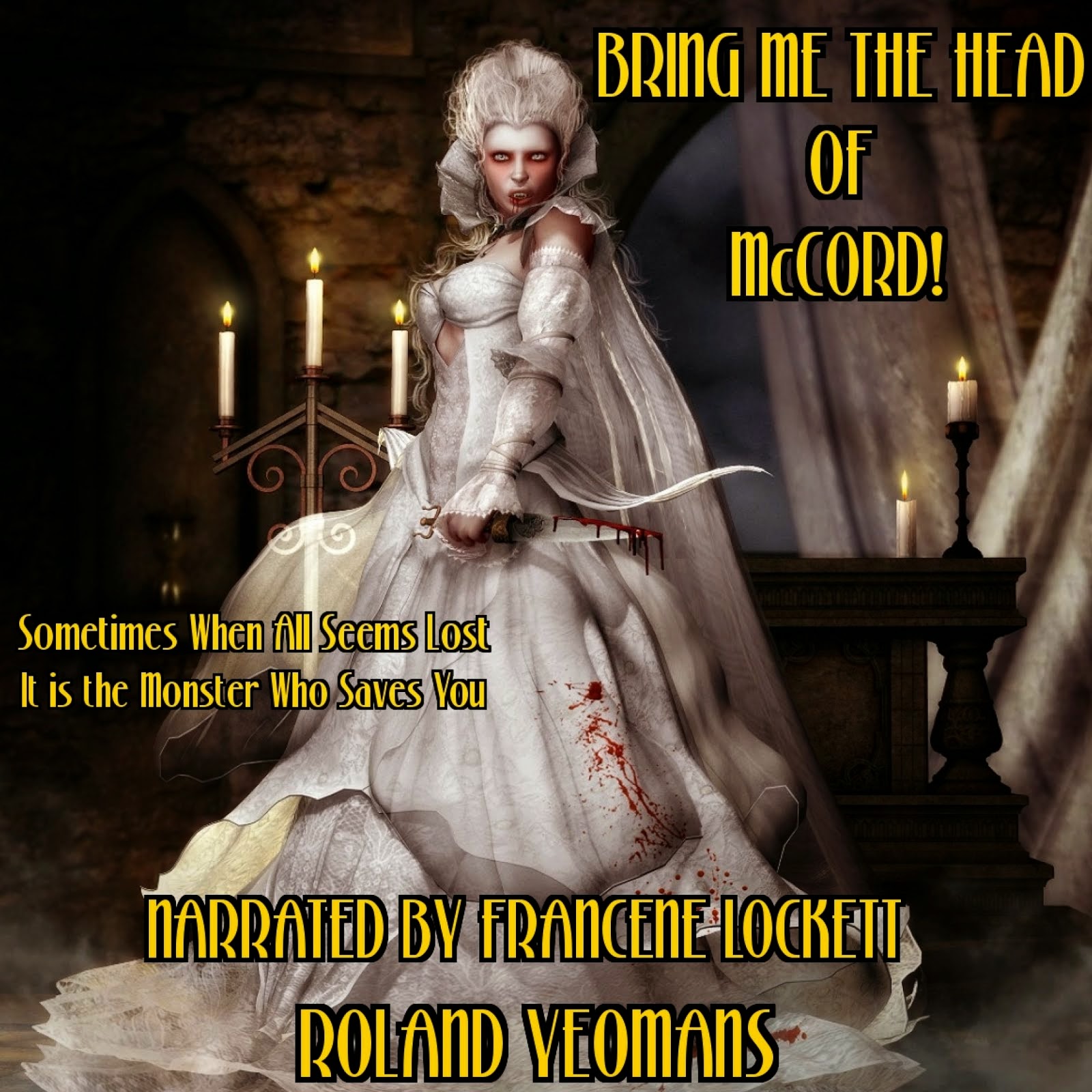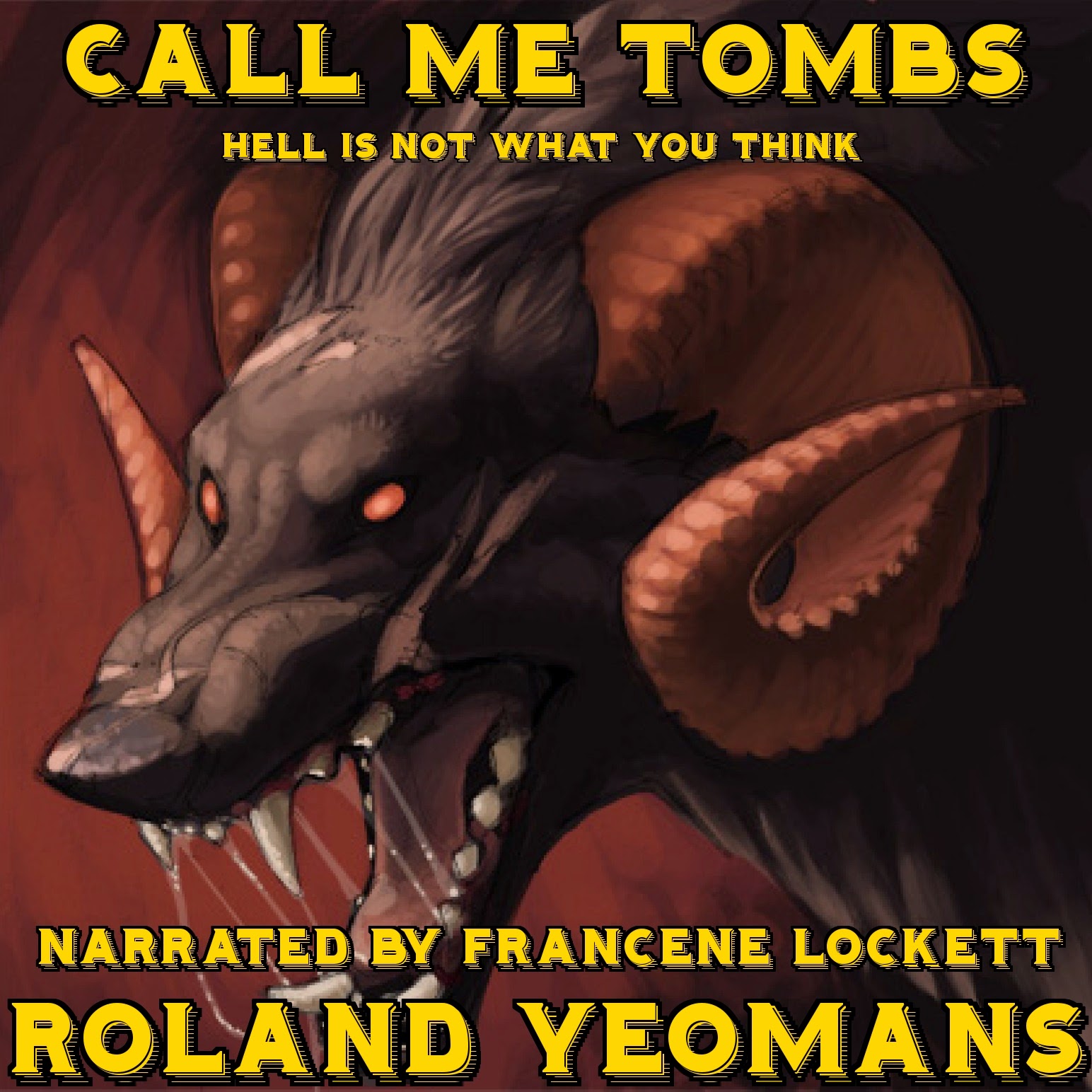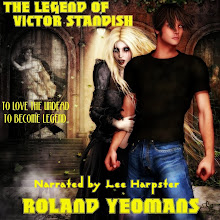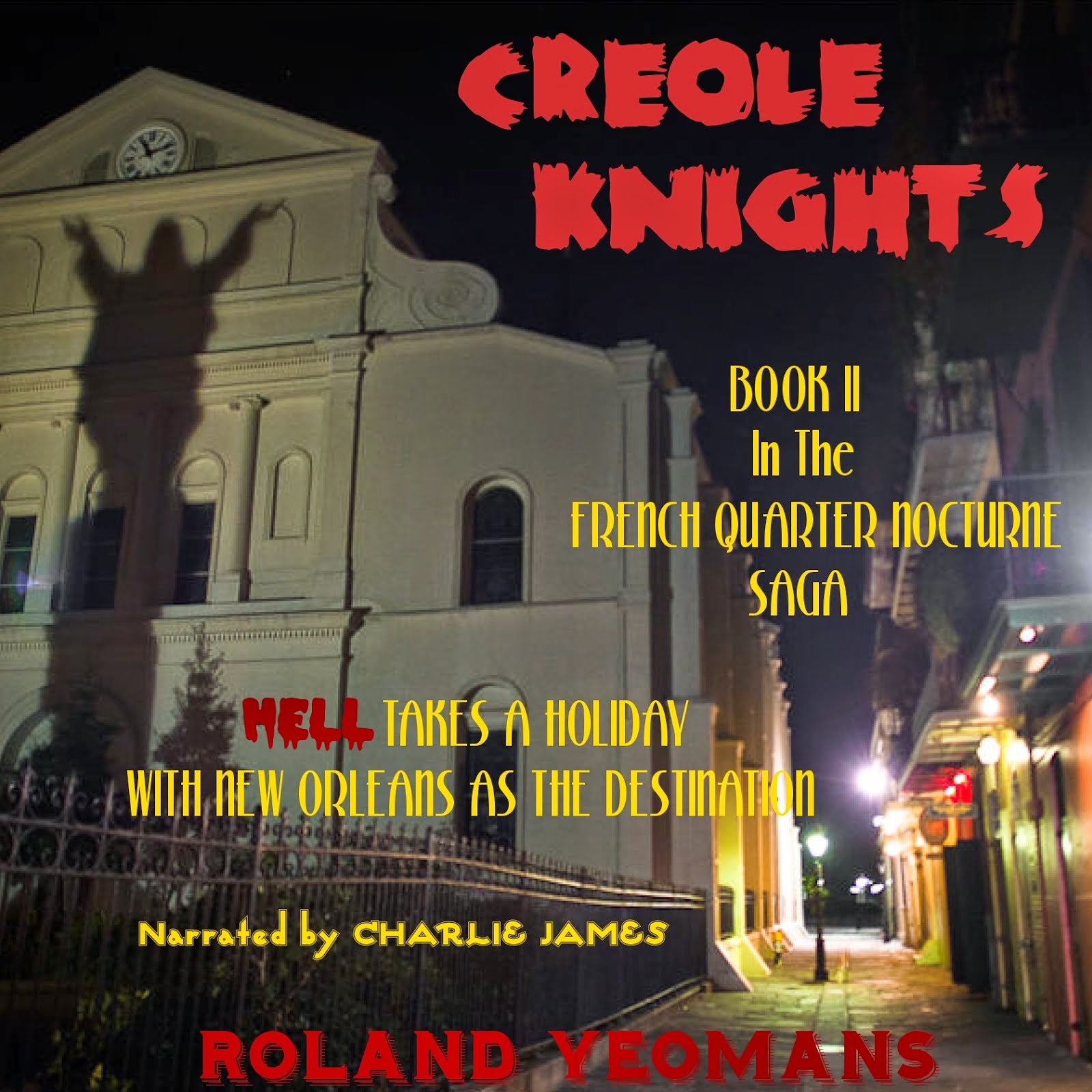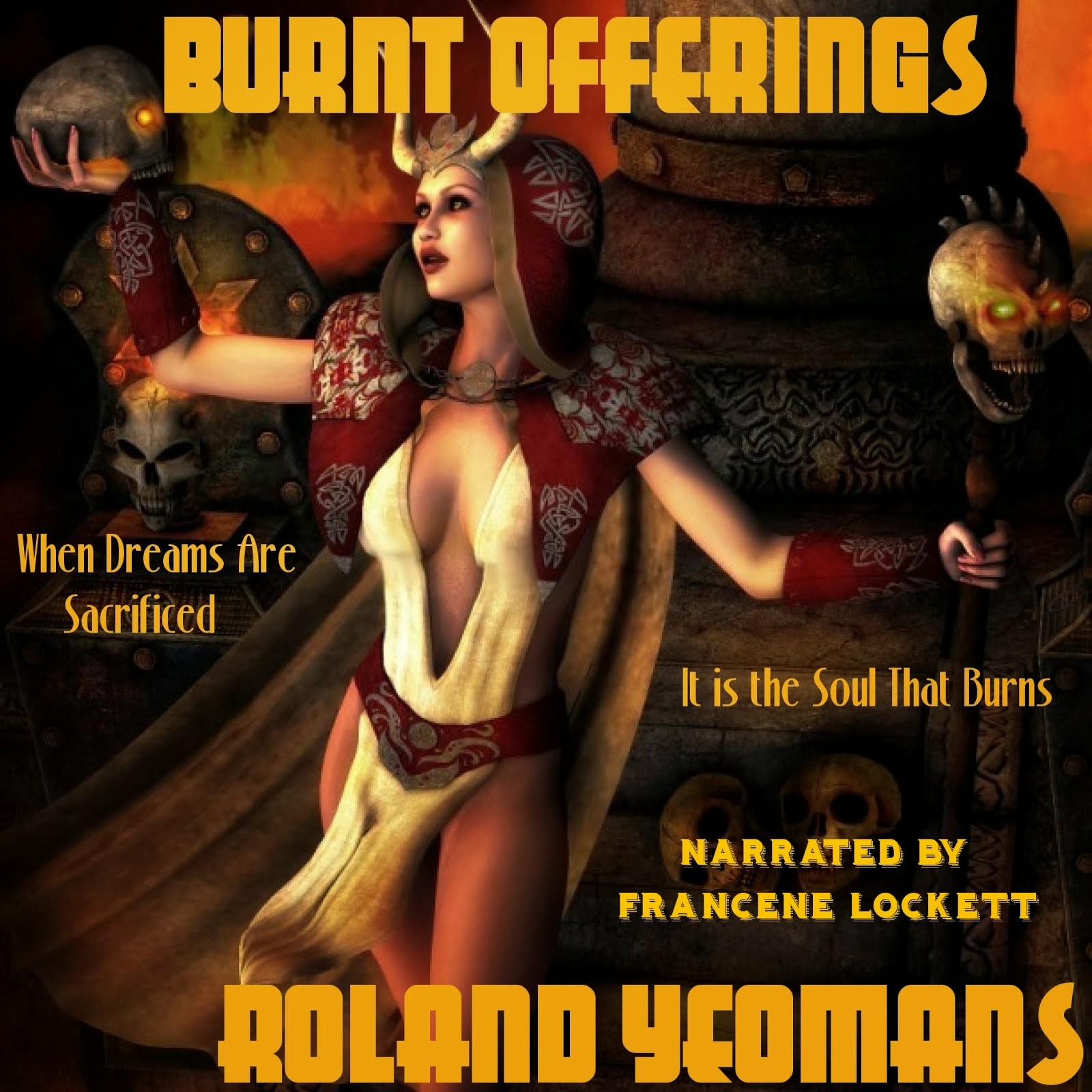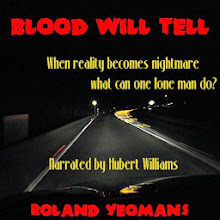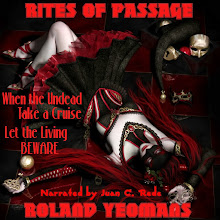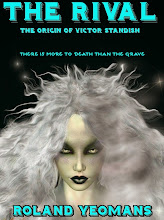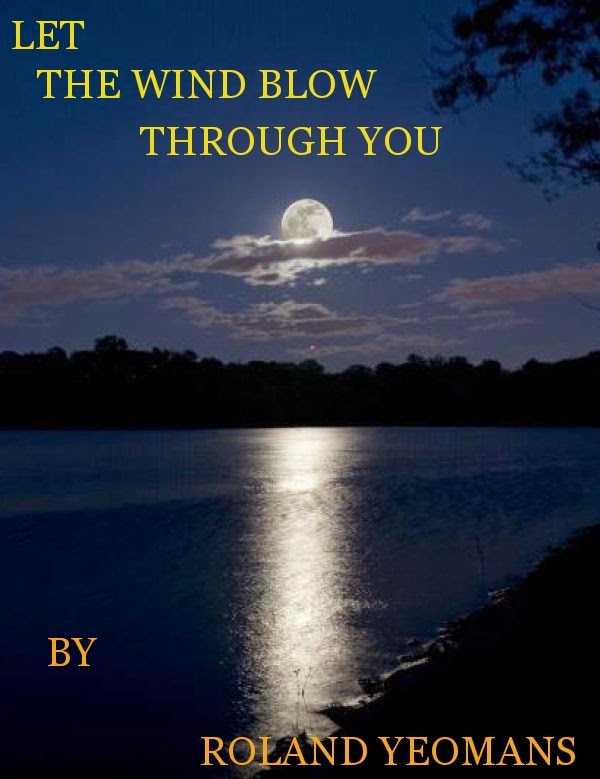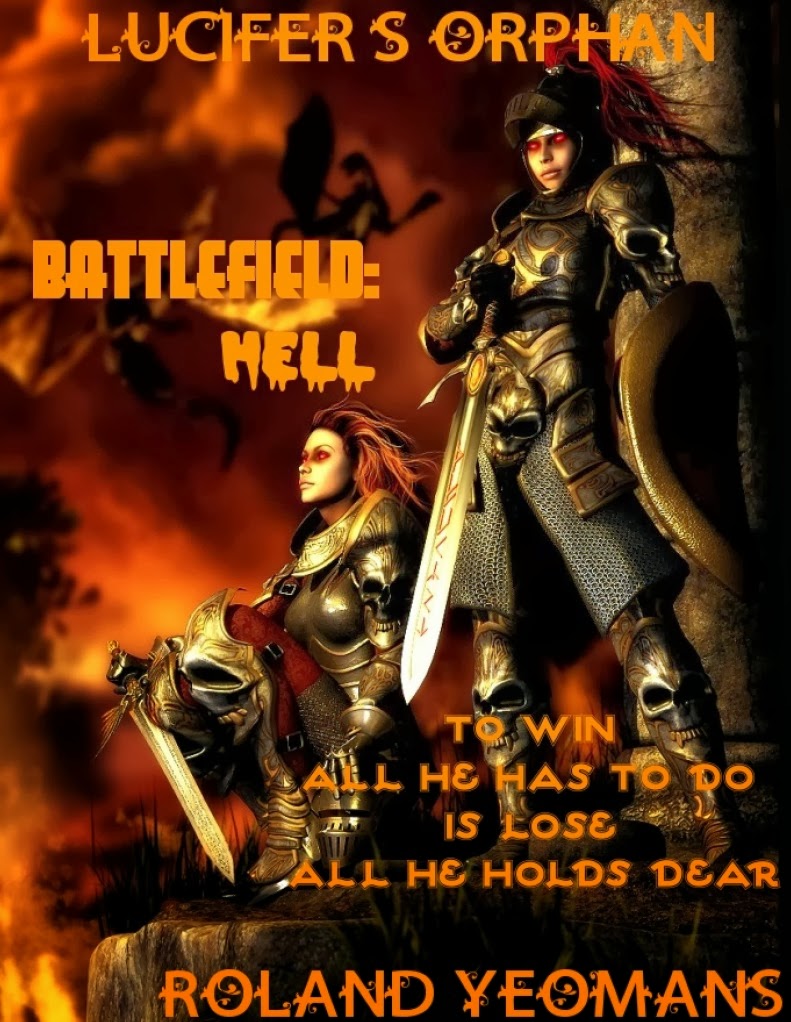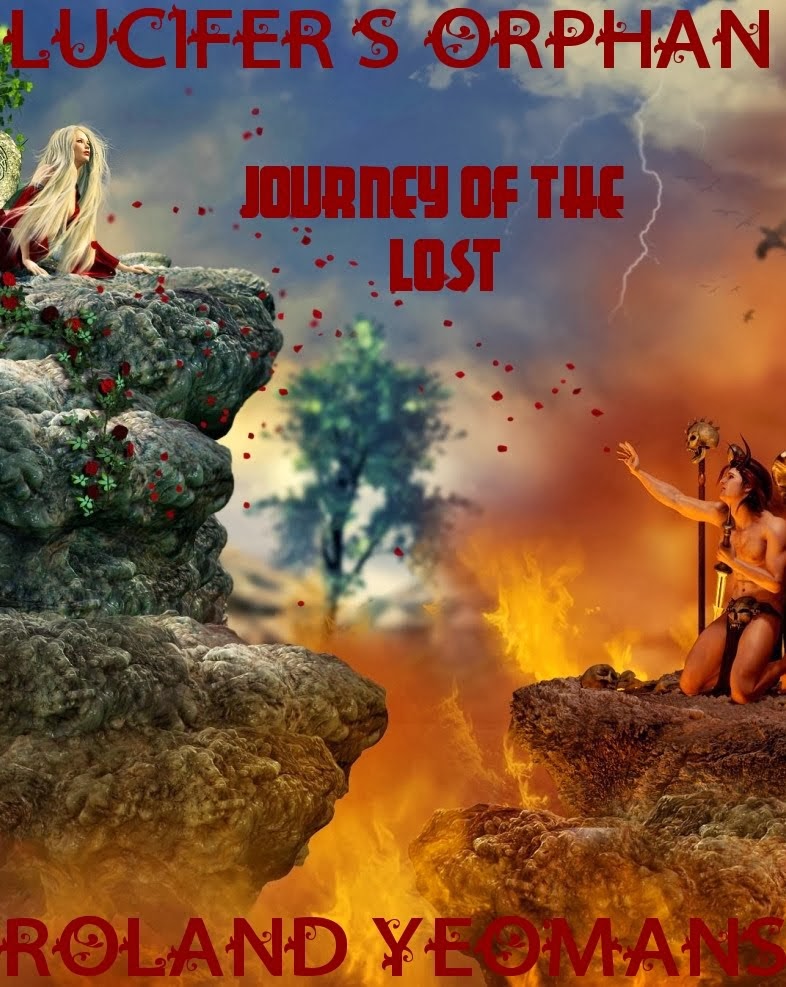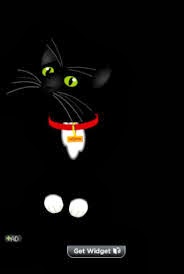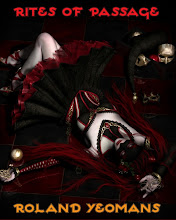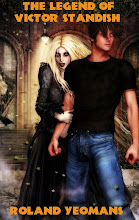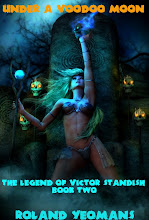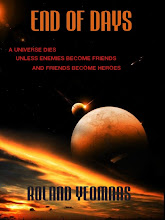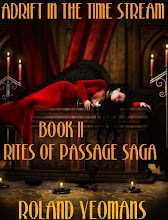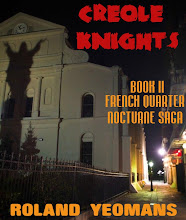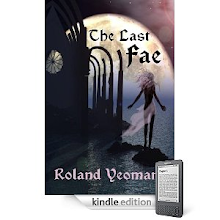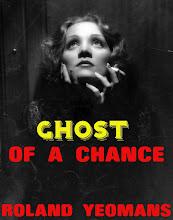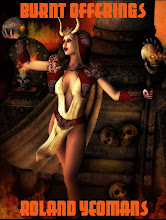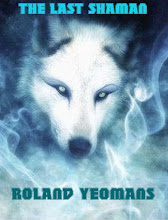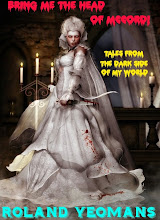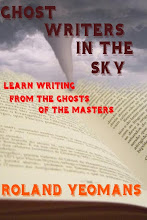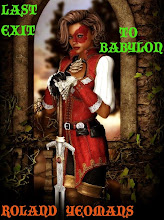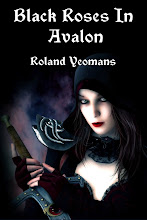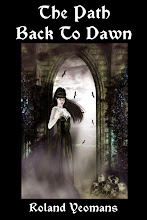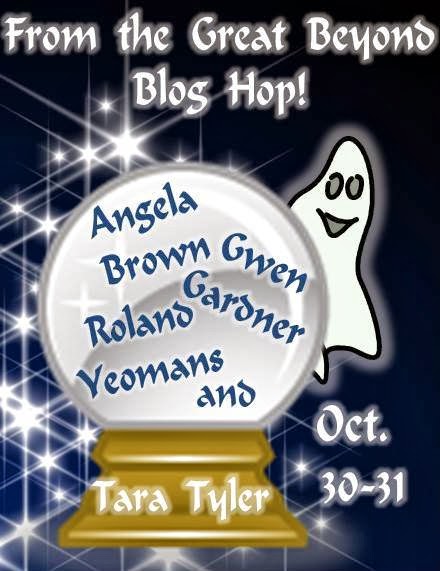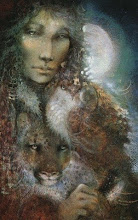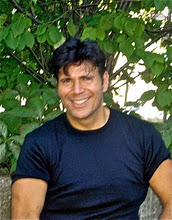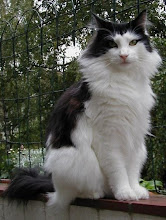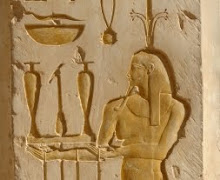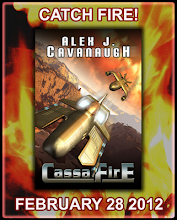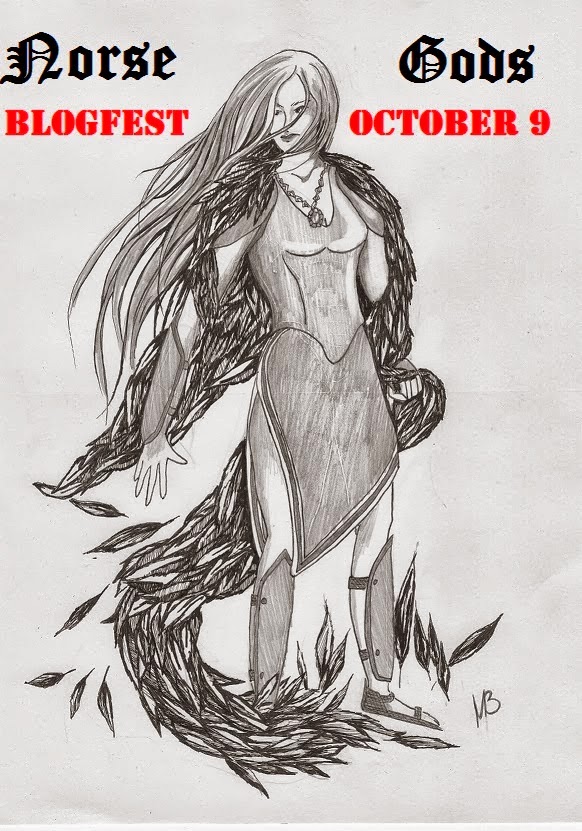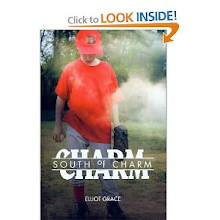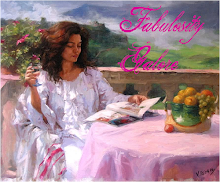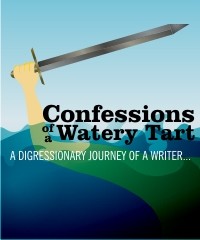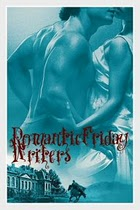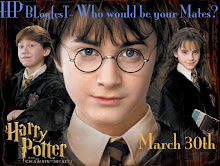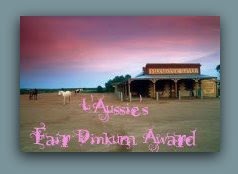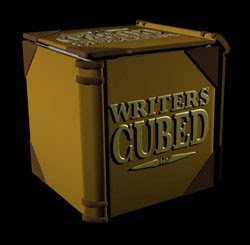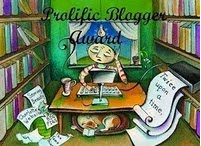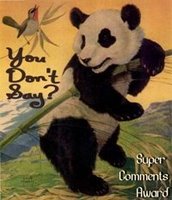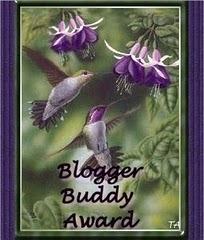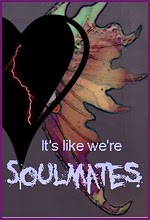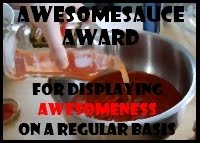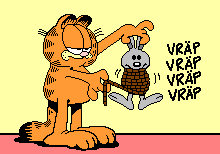***
Several of my regular readers have wanted to direct their friends to the post where I wrote of the eight simple rules by which I live and how I came by them. But they had forgotten the title to the posting. So here is the post with a new video at the bottom.
******
I just read an article entitled "Rules That Warren Buffet Lives By." No, not the guy who sings "Margaritaville." Though I suspect Jimmy has more fun than Warren despite Warren being one of the wealthiest men in the world.
There was obvious merit to them. He didn't get the wealth he has by chasing the wind. But the phrase "lives by" bothered me. As King Solomon wrote : "Wisdom is a shelter as money is a shelter. The advantage to wisdom is that it also remains when all else is gone."
And in thinking about that quote, the time came to mind when my home had burned to the ground. My dog, my cat, my possessions {the most dear being the Bible my mother had given me with her thoughts, doubts, and funny one-liners scribbled in the margins} were gone. My savings had been wiped out by trying to pay my mother's medical bills from her fatal struggle with cancer. My face and hands were badly burned from crawling back into my house in a vain effort to save my cat. I was living in the back of a massage school, courtesy of a good friend.
I remember sitting on the corner of the bed, after having talked to my best friend, Sandra Thrasher. She and I had our stores next to one another for years in the Mall. After she had moved out of the Mall, we remained close friends. She helped save my sanity in that black time. And another thing saved it : remembering something Viktor Frankl had learned in a Nazi concentration camp :
"Everything can be taken from a man or a woman but one thing: the last of human freedoms to choose one's attitude in any given set of circumstances, to choose one's own way."
I also remembered reading in that day's newspaper that the TV show EIGHT SIMPLE RULES had just gone into pre-production. And it puzzled me what I would say were my EIGHT SIMPLE RULES to live by. I took out the only scrap of paper I had to my name, a Hallmark store envelope from the "Thank You" card I had bought for Sandra. And I thought for a good bit, then I wrote them down.
Upon reading the Warren Buffet article, I searched through my apartment until I found the carefully folded envelope, kept safe in a drawer. I sat down and re-read them. I felt like a butterfly reading notes written by the caterpiller it once had been. But the words were true. And I still live by them. I thought you might be interested in what they were. So here they are.
Roland's EIGHT SIMPLE RULES :
1) Since everyone is having a harder time than they appear, be as kind as you can to each person you meet. You'd feel really lousy if you had made a bad day worse for someone who had been through the wringer, wouldn't you?
2) When faced with two paths, the more uncomfortable one is usually the right one to take. And try not to hurry so down whatever path you take. If you're heading in the wrong direction, going faster won't get you where you want to go any sooner.
3) When faced with a major decision, take overnight to decide. If pressed by someone to make an immediate one, always say "No." If they don't want you to have time to think it over, guess to whose benefit that is?
4) No battle goes as planned. Especially the Battle called Life. Expect things to go wrong. That way if they go right, you'll be pleasantly surprised. Commit yourself to staying flexible. Bouncing is better than breaking. And as no battle goes as fast as you'd want, learn to be patient or you'll become one.
5) If you treat people as extensions of yourself, you will always be lonely, for you will become the way you look at life -- alone in the sandbox of life with unfeeling toys called people.
6) Don't get mad at the sun for being hot. People will always be true to their natures. It's not their fault you mistook their iron for steel. So don't get mad at the rust in the lives of others. Don't blame the rain for being wet. Just get an umbrella and get on with it already.
7) Always keep your walk in sync with your talk. Divorce your ways from from your words, and the alimony payments will be bitter indeed.
8) Always stand up to a bully. Always deny him what he demands. Yes, you will get beat up more times than you want. But physical bruises heal. Some emotional ones never do. If you let them, bullies steal that which is difficult to replace : self-respect, pride, affection for yourself {and in turn, for others - one stems from the other}, and inner peace.
*) What did Susan Sontag say? Oh, yes. "I envy paranoids. They actually feel people are paying attention to them." Hope someone is paying attention to this list and gets some use out of it. If only to laugh.
There was obvious merit to them. He didn't get the wealth he has by chasing the wind. But the phrase "lives by" bothered me. As King Solomon wrote : "Wisdom is a shelter as money is a shelter. The advantage to wisdom is that it also remains when all else is gone."
And in thinking about that quote, the time came to mind when my home had burned to the ground. My dog, my cat, my possessions {the most dear being the Bible my mother had given me with her thoughts, doubts, and funny one-liners scribbled in the margins} were gone. My savings had been wiped out by trying to pay my mother's medical bills from her fatal struggle with cancer. My face and hands were badly burned from crawling back into my house in a vain effort to save my cat. I was living in the back of a massage school, courtesy of a good friend.
I remember sitting on the corner of the bed, after having talked to my best friend, Sandra Thrasher. She and I had our stores next to one another for years in the Mall. After she had moved out of the Mall, we remained close friends. She helped save my sanity in that black time. And another thing saved it : remembering something Viktor Frankl had learned in a Nazi concentration camp :
"Everything can be taken from a man or a woman but one thing: the last of human freedoms to choose one's attitude in any given set of circumstances, to choose one's own way."
I also remembered reading in that day's newspaper that the TV show EIGHT SIMPLE RULES had just gone into pre-production. And it puzzled me what I would say were my EIGHT SIMPLE RULES to live by. I took out the only scrap of paper I had to my name, a Hallmark store envelope from the "Thank You" card I had bought for Sandra. And I thought for a good bit, then I wrote them down.
Upon reading the Warren Buffet article, I searched through my apartment until I found the carefully folded envelope, kept safe in a drawer. I sat down and re-read them. I felt like a butterfly reading notes written by the caterpiller it once had been. But the words were true. And I still live by them. I thought you might be interested in what they were. So here they are.
Roland's EIGHT SIMPLE RULES :
1) Since everyone is having a harder time than they appear, be as kind as you can to each person you meet. You'd feel really lousy if you had made a bad day worse for someone who had been through the wringer, wouldn't you?
2) When faced with two paths, the more uncomfortable one is usually the right one to take. And try not to hurry so down whatever path you take. If you're heading in the wrong direction, going faster won't get you where you want to go any sooner.
3) When faced with a major decision, take overnight to decide. If pressed by someone to make an immediate one, always say "No." If they don't want you to have time to think it over, guess to whose benefit that is?
4) No battle goes as planned. Especially the Battle called Life. Expect things to go wrong. That way if they go right, you'll be pleasantly surprised. Commit yourself to staying flexible. Bouncing is better than breaking. And as no battle goes as fast as you'd want, learn to be patient or you'll become one.
5) If you treat people as extensions of yourself, you will always be lonely, for you will become the way you look at life -- alone in the sandbox of life with unfeeling toys called people.
6) Don't get mad at the sun for being hot. People will always be true to their natures. It's not their fault you mistook their iron for steel. So don't get mad at the rust in the lives of others. Don't blame the rain for being wet. Just get an umbrella and get on with it already.
7) Always keep your walk in sync with your talk. Divorce your ways from from your words, and the alimony payments will be bitter indeed.
8) Always stand up to a bully. Always deny him what he demands. Yes, you will get beat up more times than you want. But physical bruises heal. Some emotional ones never do. If you let them, bullies steal that which is difficult to replace : self-respect, pride, affection for yourself {and in turn, for others - one stems from the other}, and inner peace.
*) What did Susan Sontag say? Oh, yes. "I envy paranoids. They actually feel people are paying attention to them." Hope someone is paying attention to this list and gets some use out of it. If only to laugh.
*) I have just entered GUIDE TO LITERARY AGENT's fourth "Dear Lucky Agent Contest." Wish me luck. They are listed in my blog roll.
*******************
Right now, I'm listening to "When The Coyote Comes" by one of my favorite artists, Fernando Ortega. In Lakota myth, Coyote was also called "The Trickster," often bringing death and heartache with him. Yesterday, he visited Angela, a new friend of mine. I pray that The Father grant her strength and light enough for the next step on her path. Oh, and Epi and Louie were Fernando's beloved cats. And here is this oh, so cool song :
*******************
Right now, I'm listening to "When The Coyote Comes" by one of my favorite artists, Fernando Ortega. In Lakota myth, Coyote was also called "The Trickster," often bringing death and heartache with him. Yesterday, he visited Angela, a new friend of mine. I pray that The Father grant her strength and light enough for the next step on her path. Oh, and Epi and Louie were Fernando's beloved cats. And here is this oh, so cool song :













